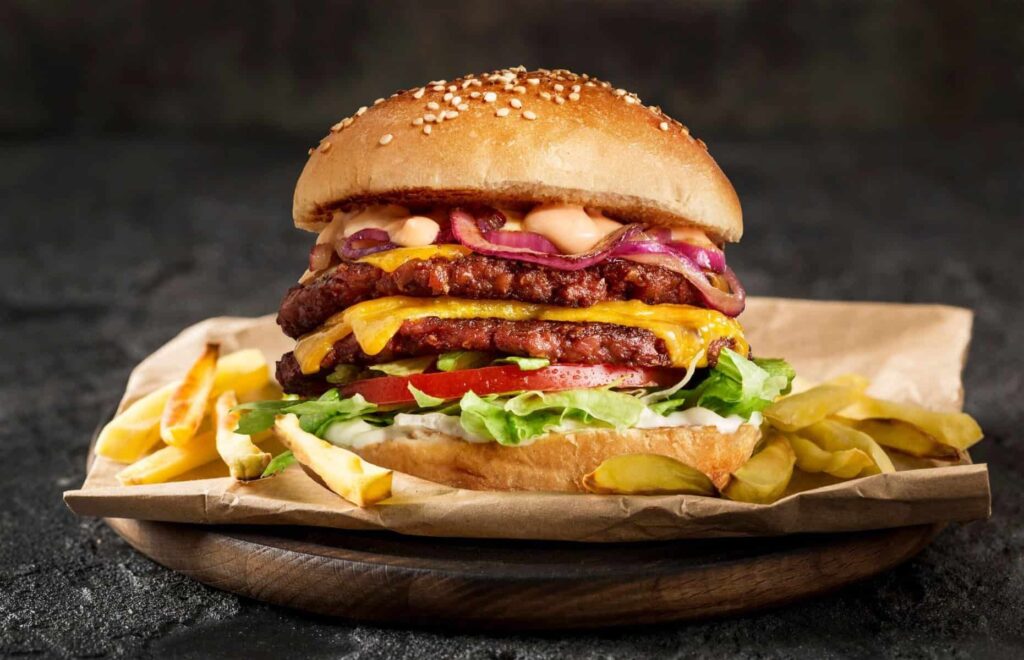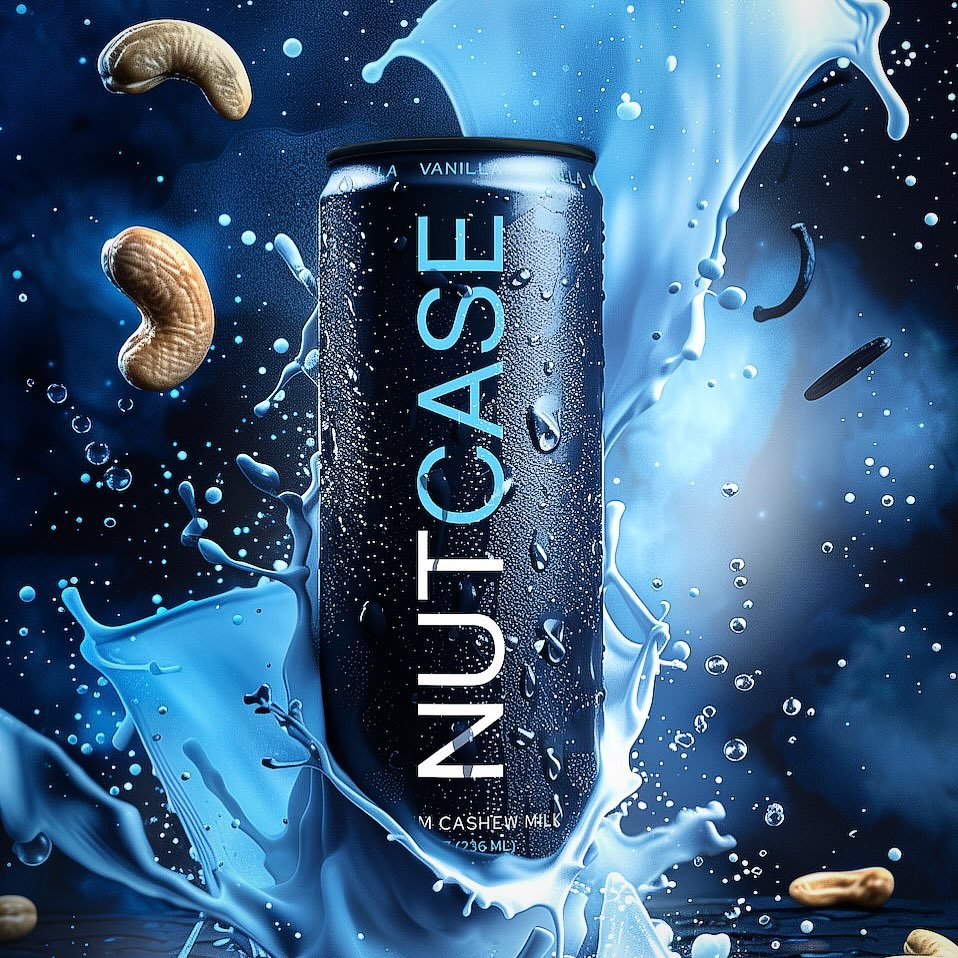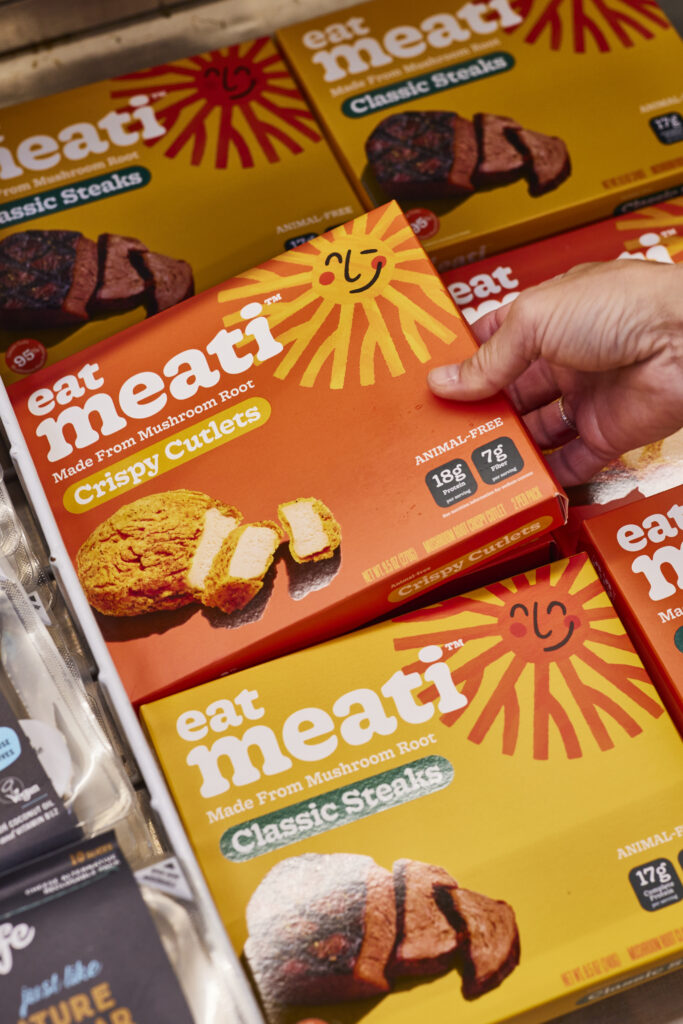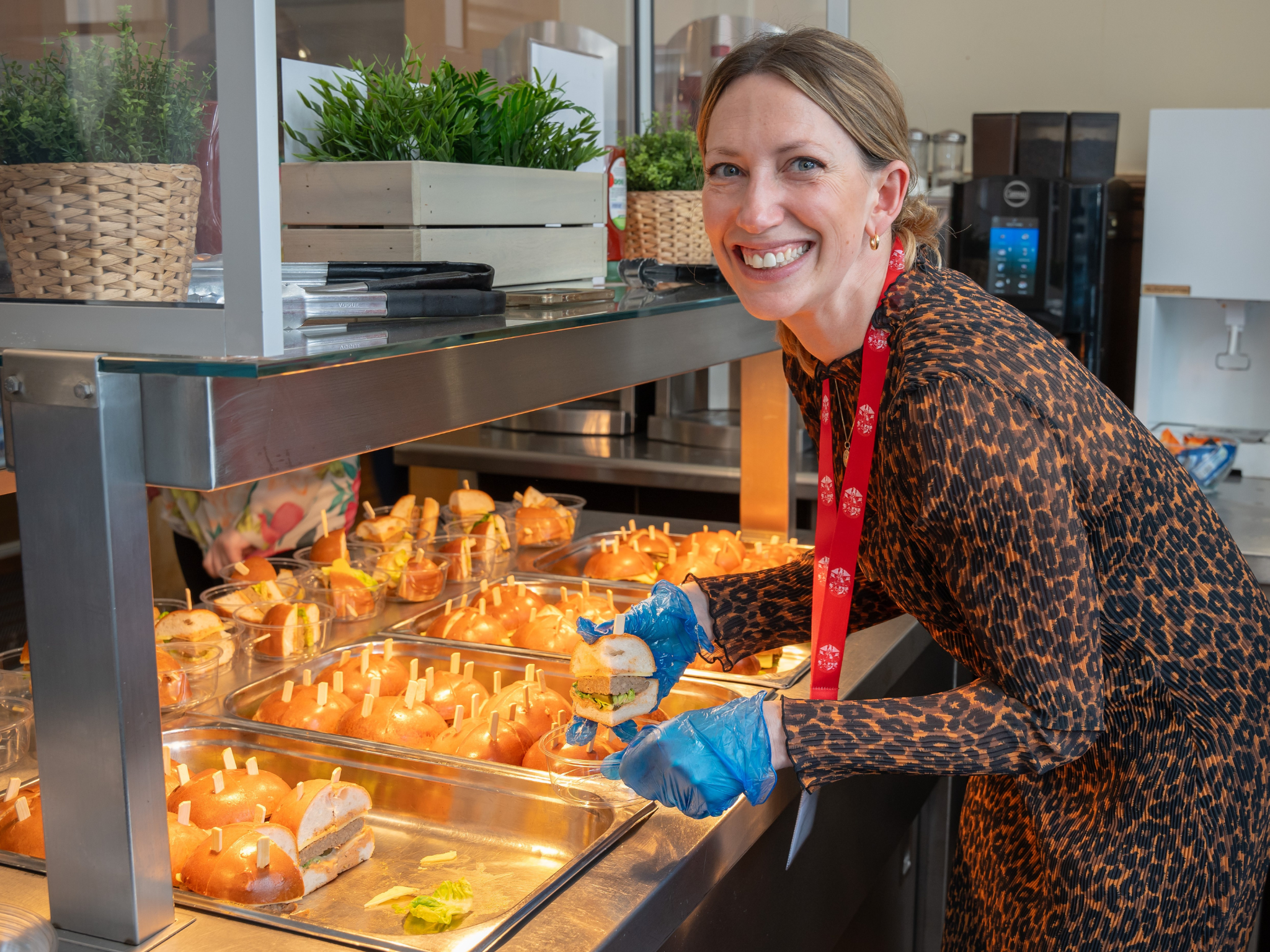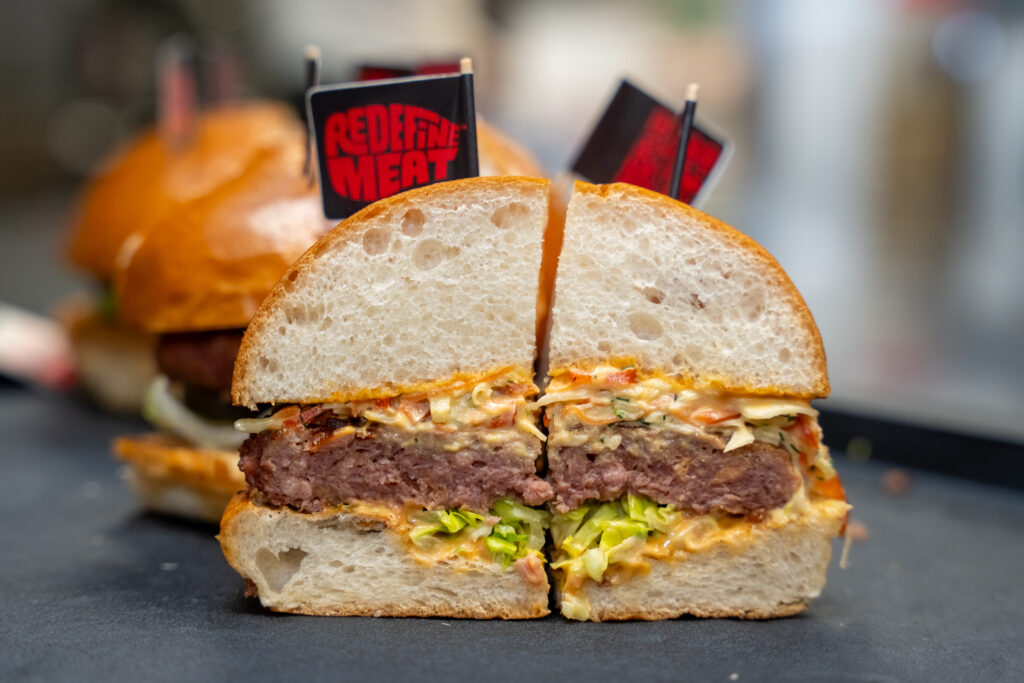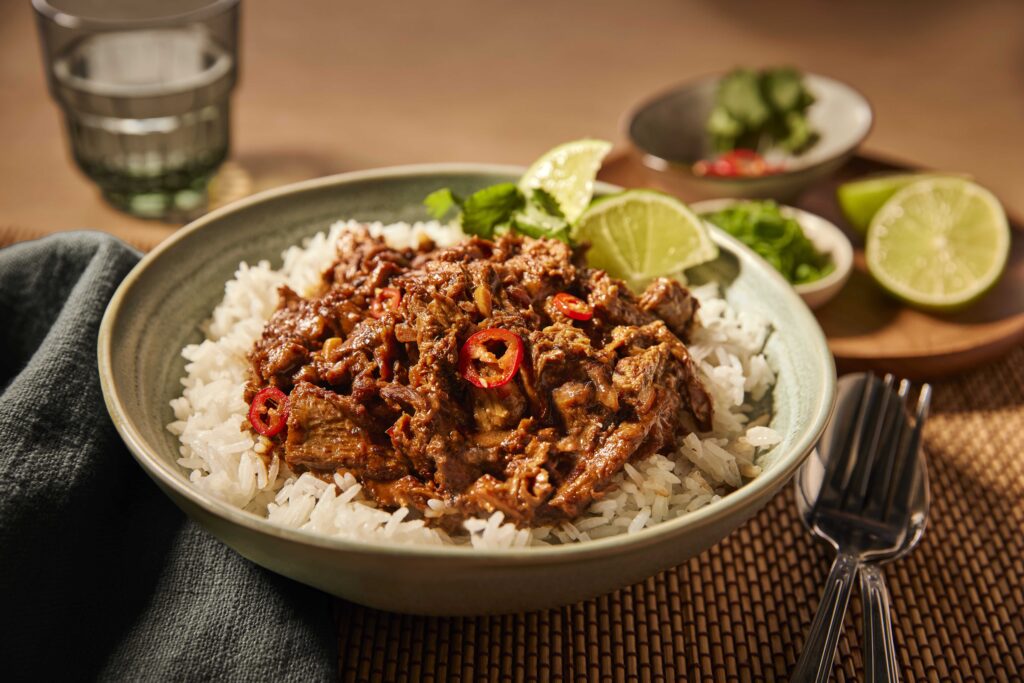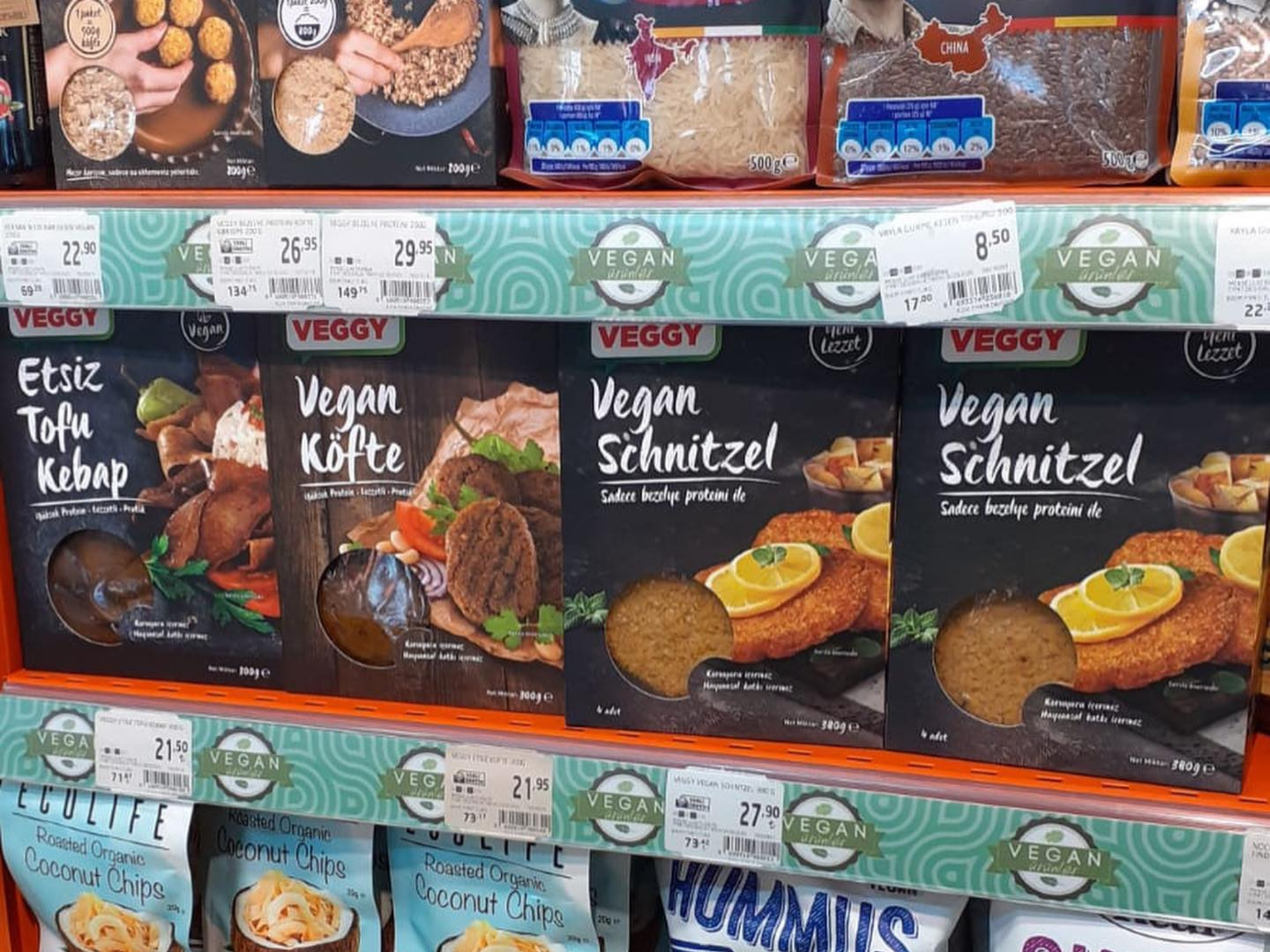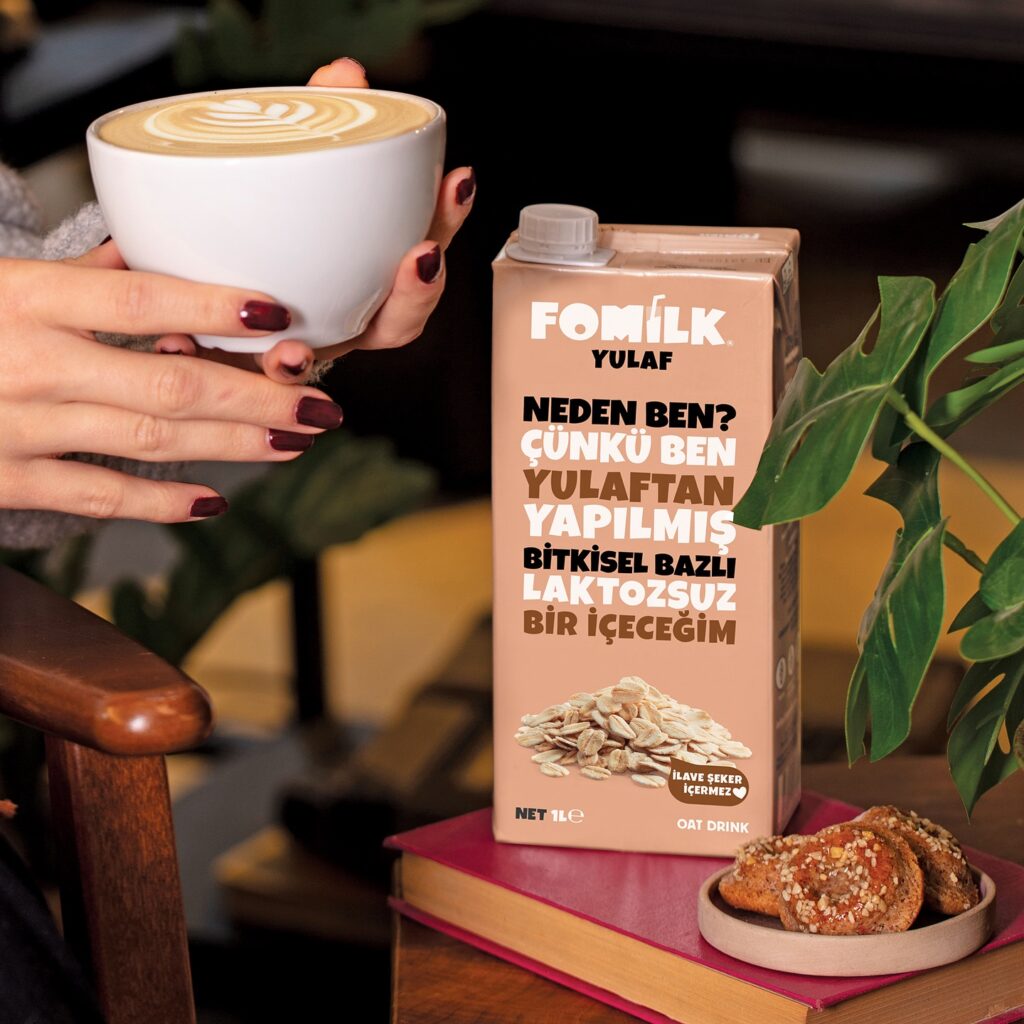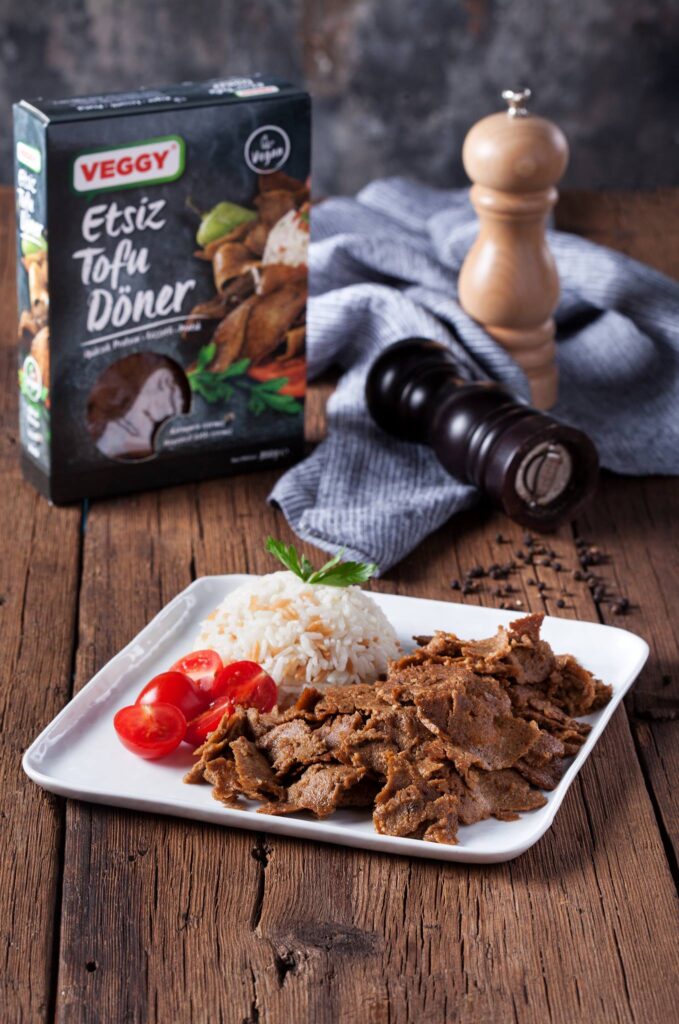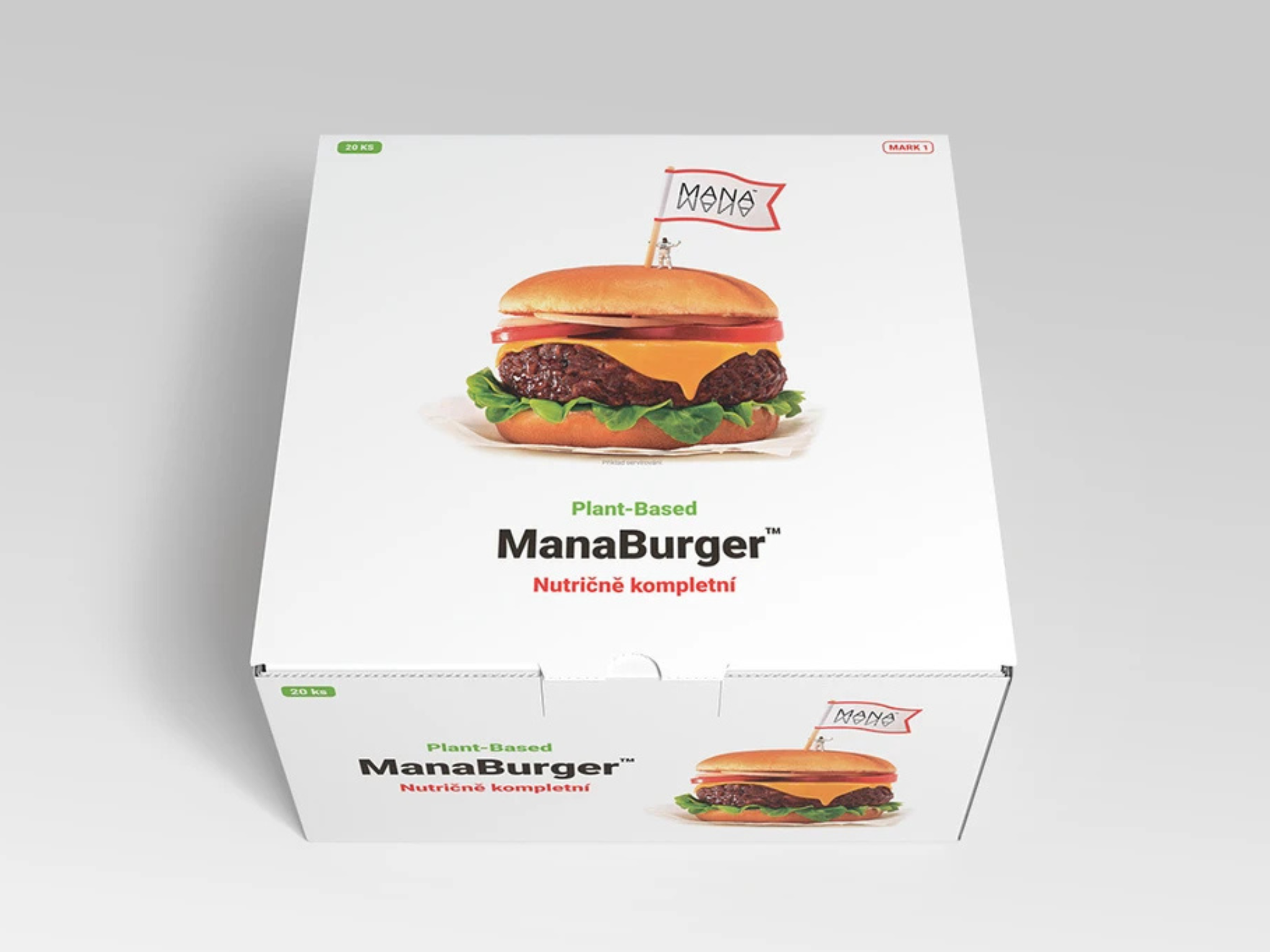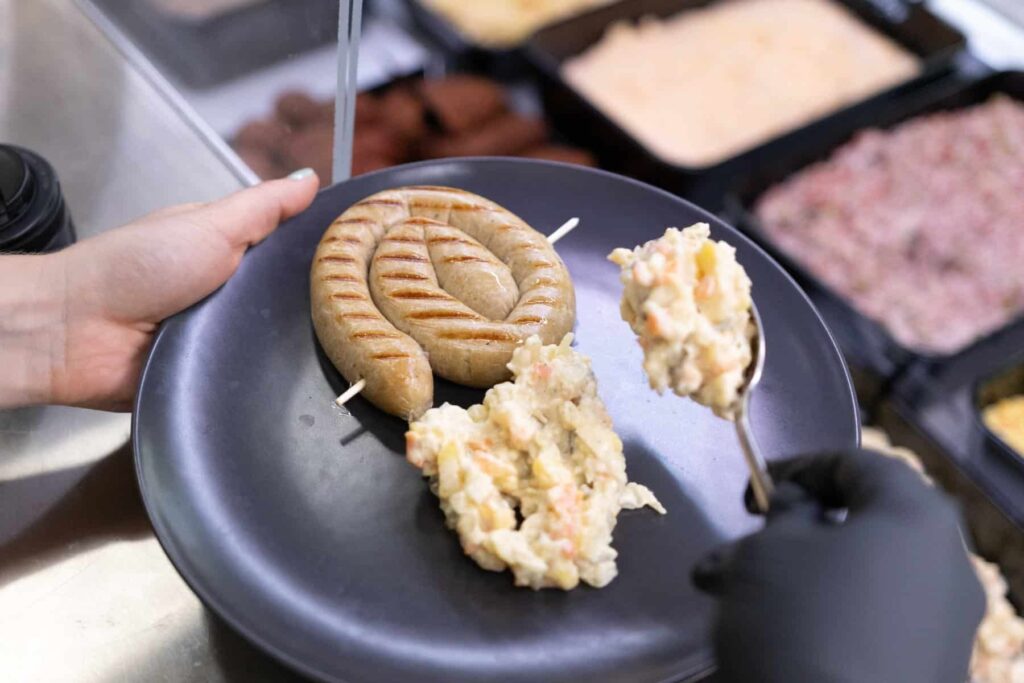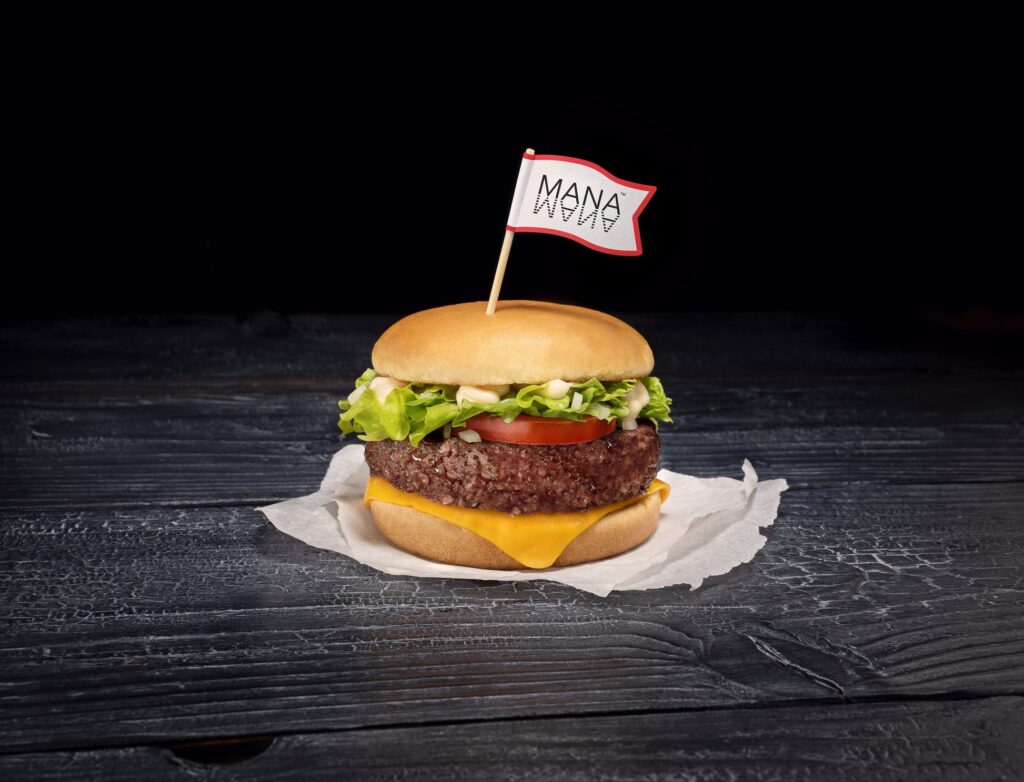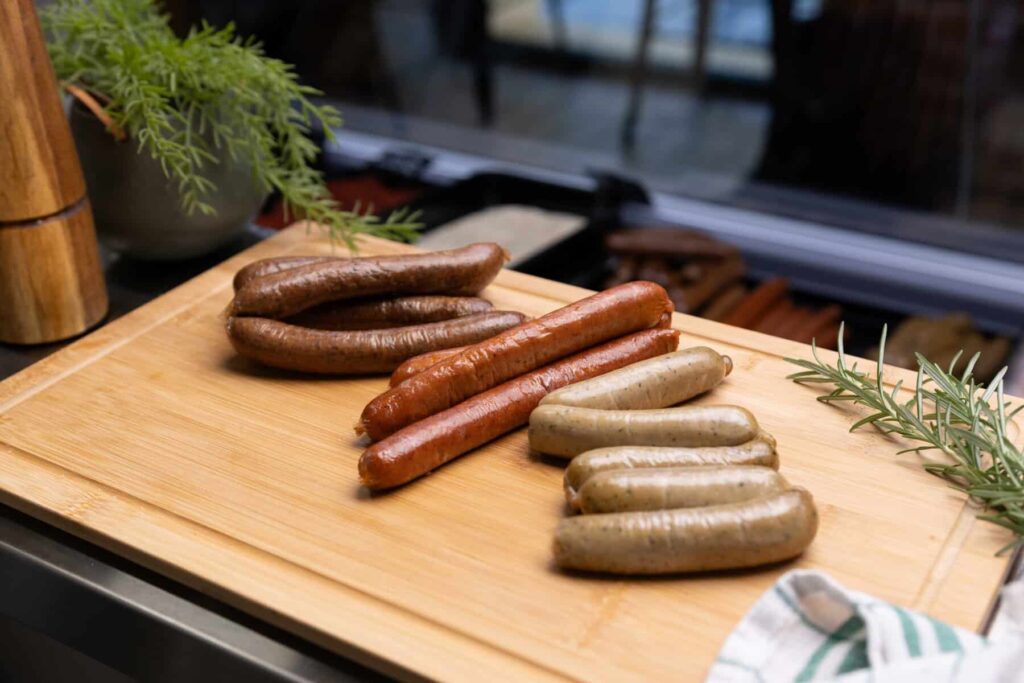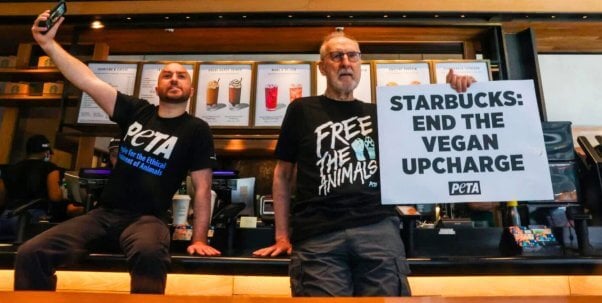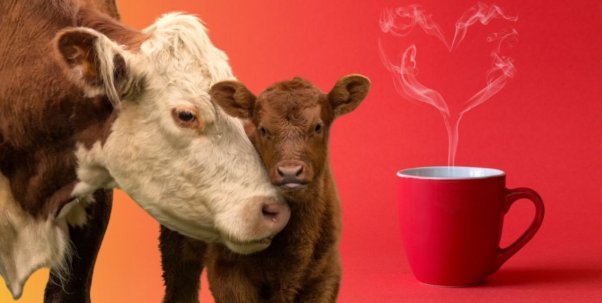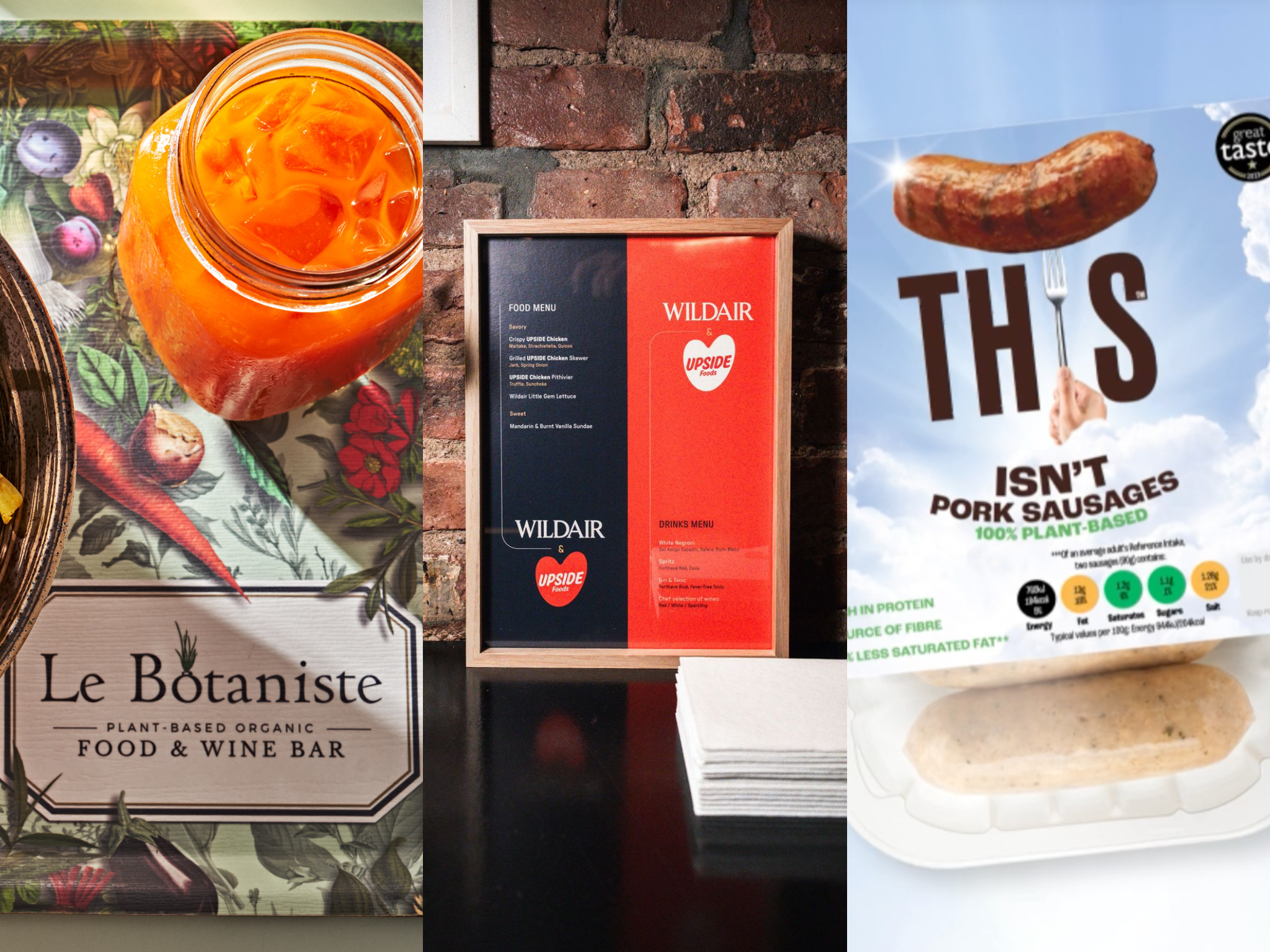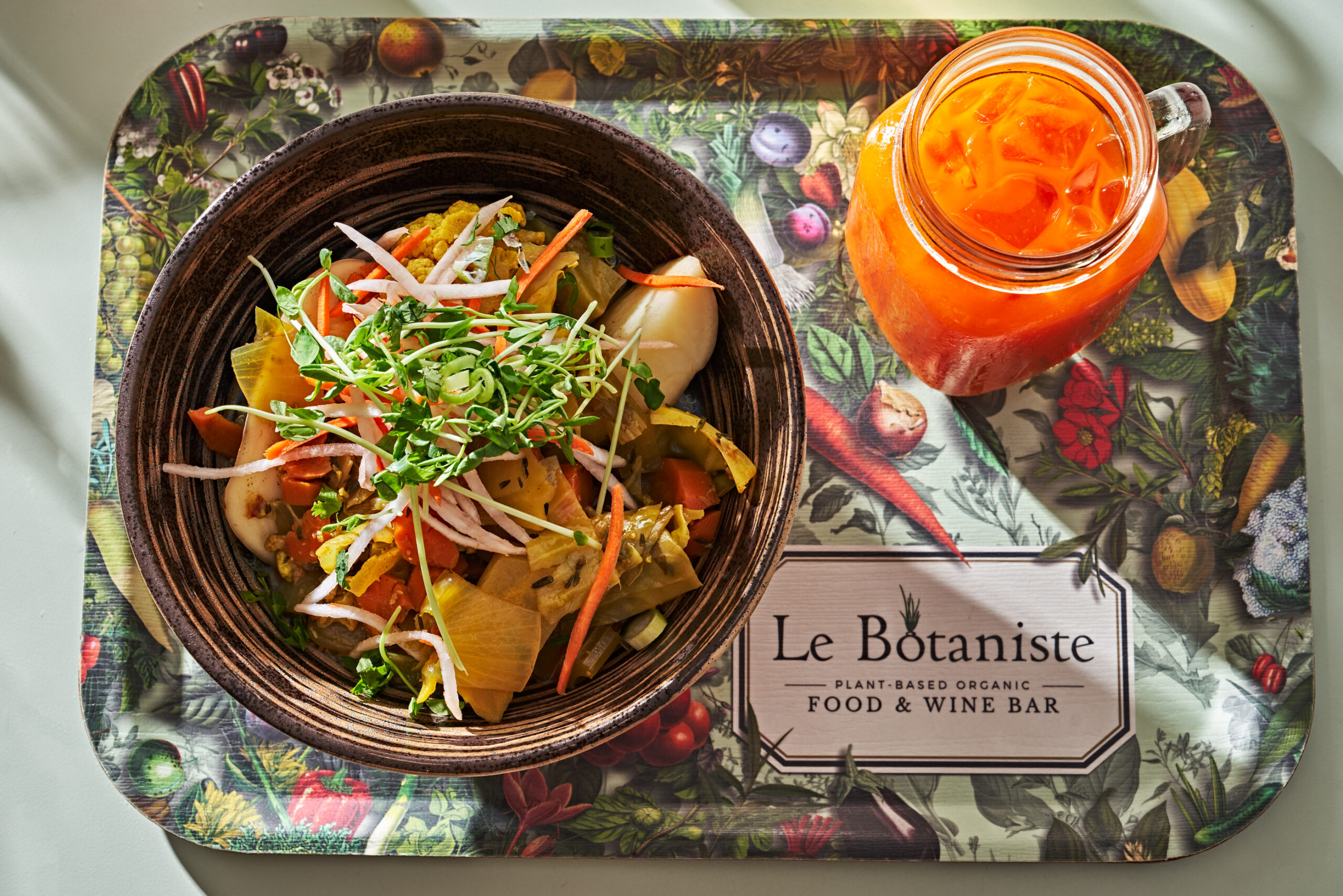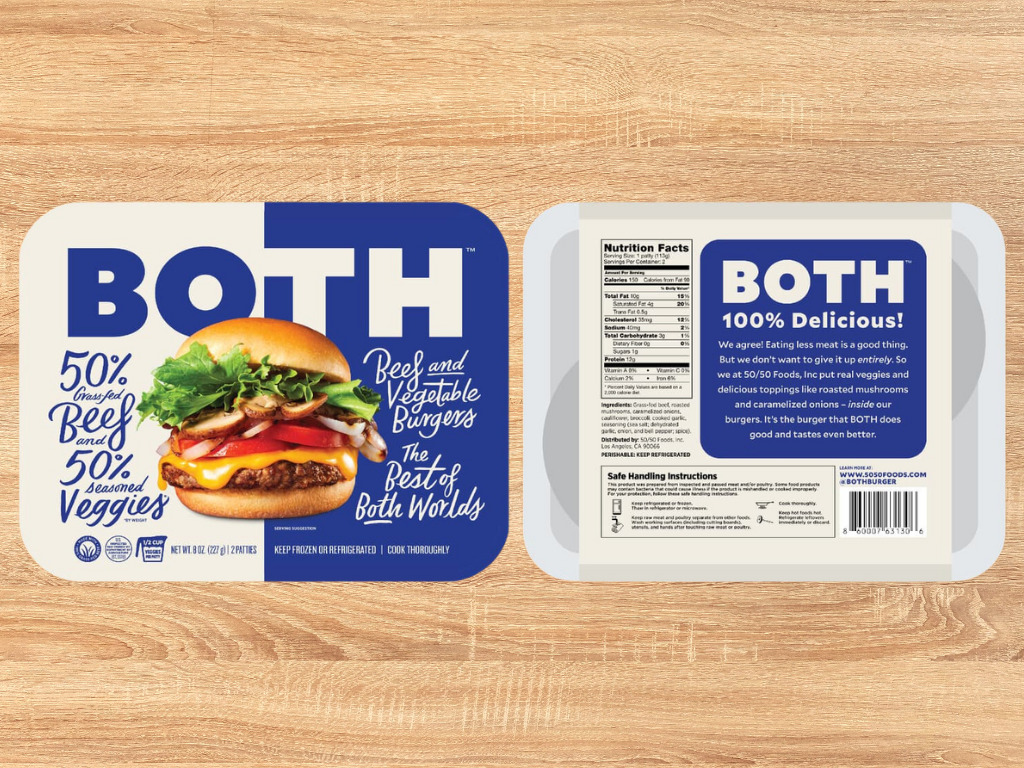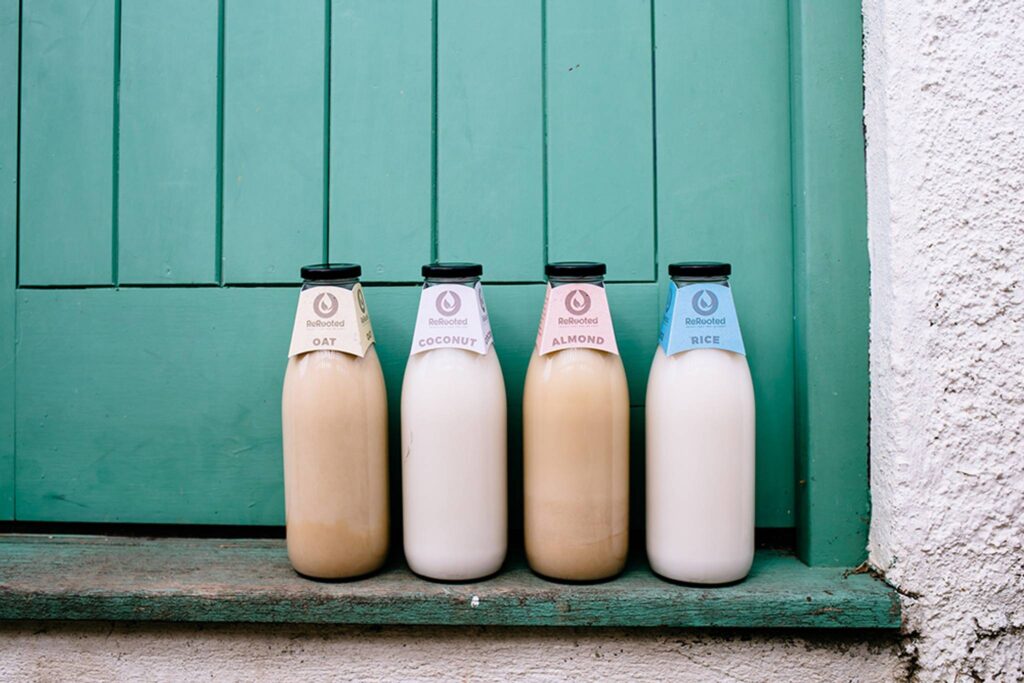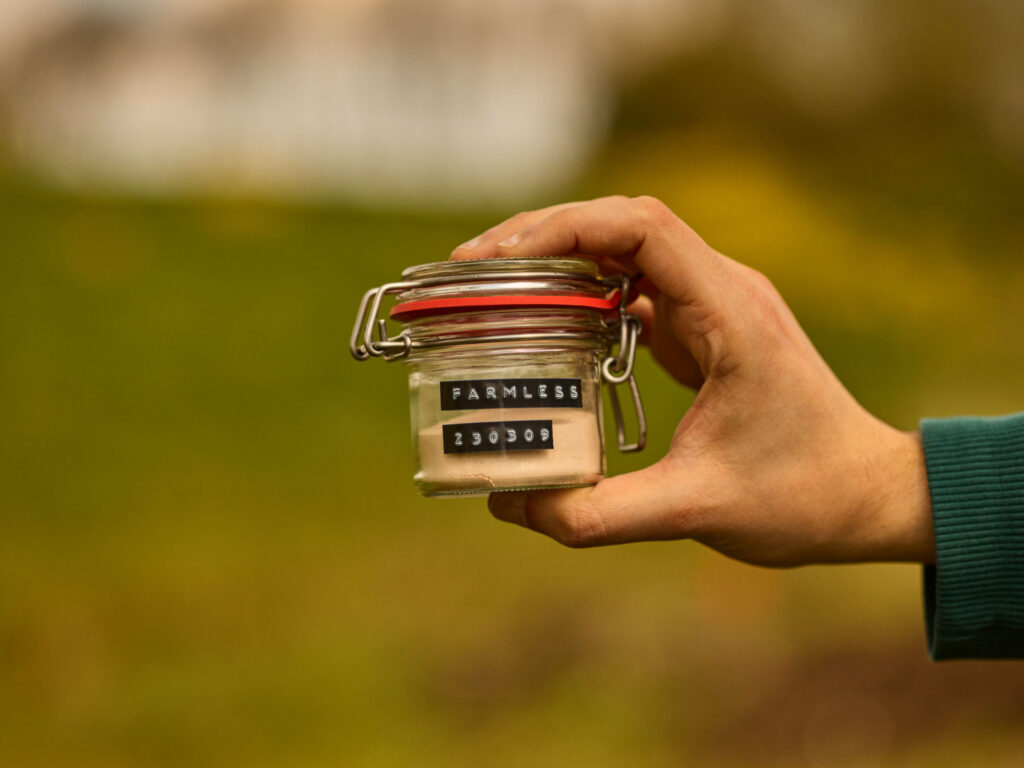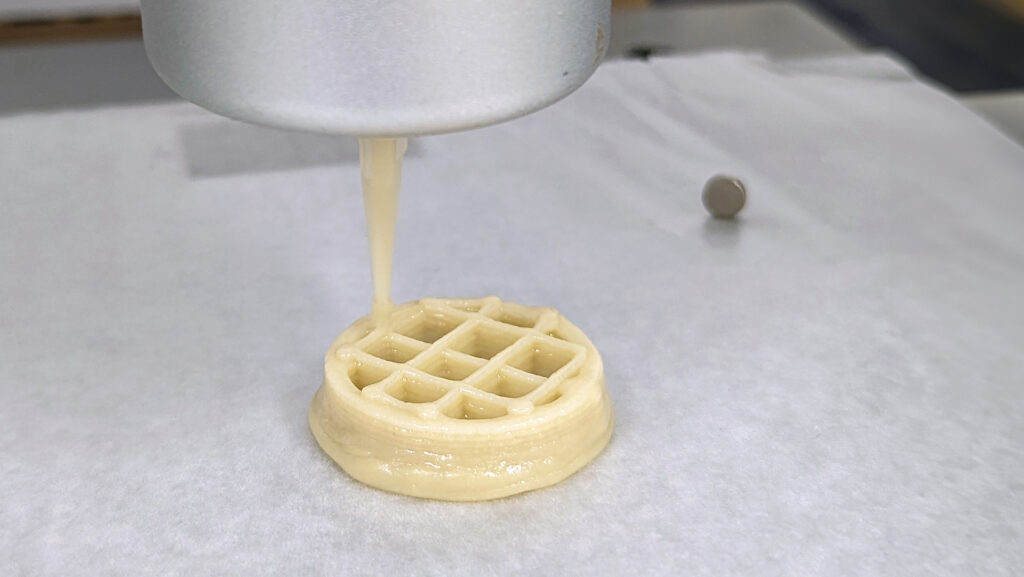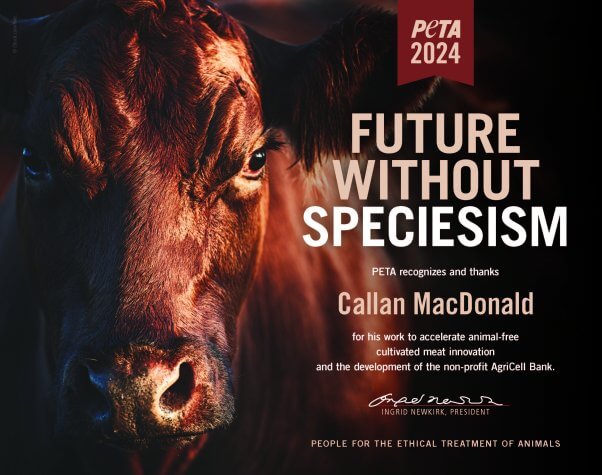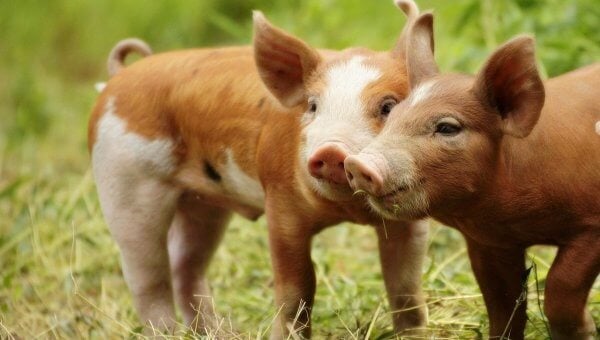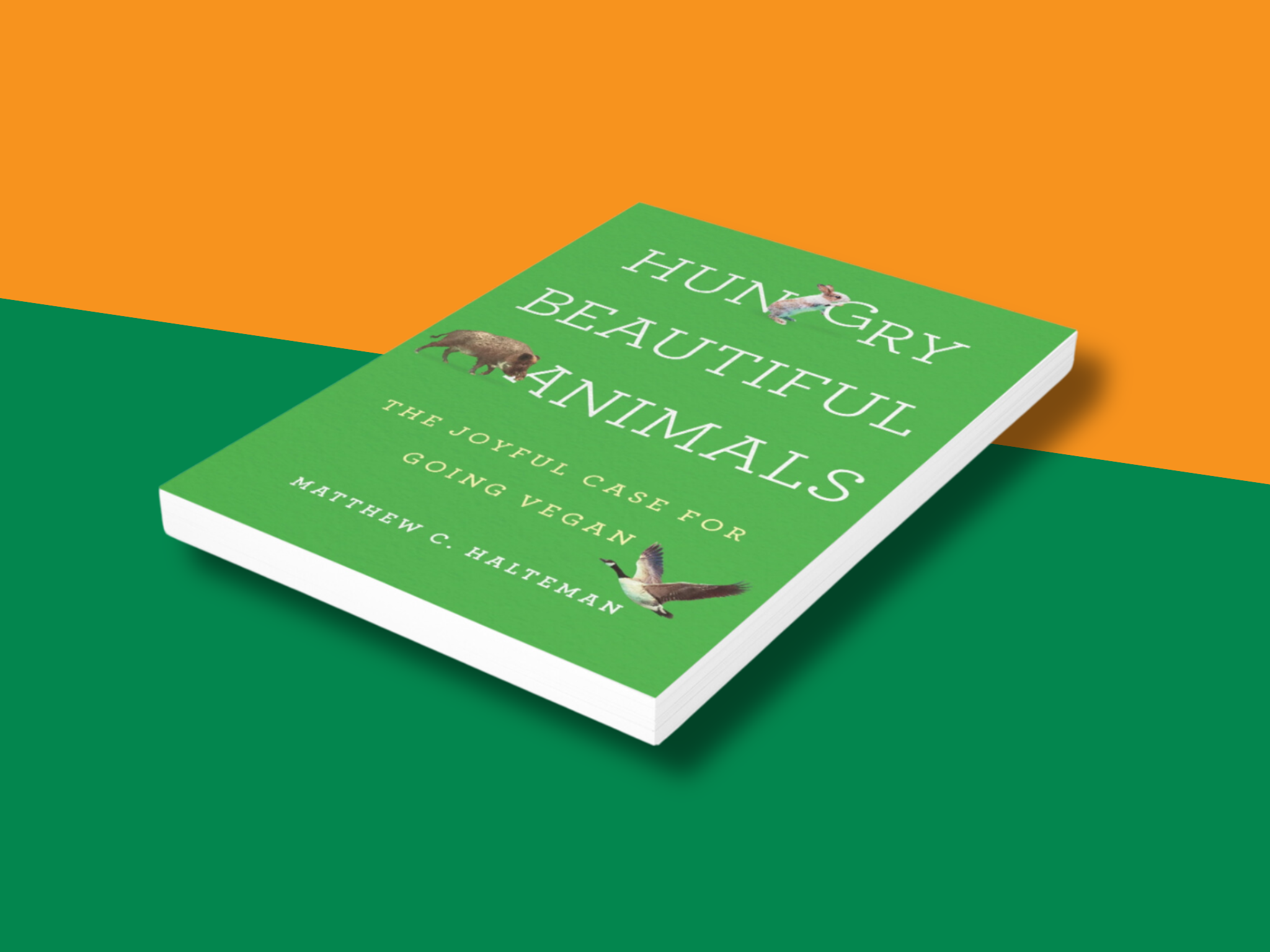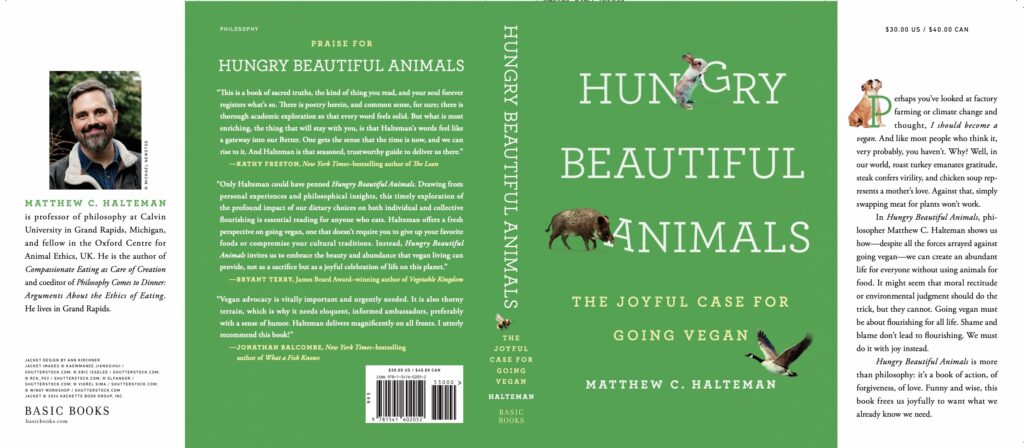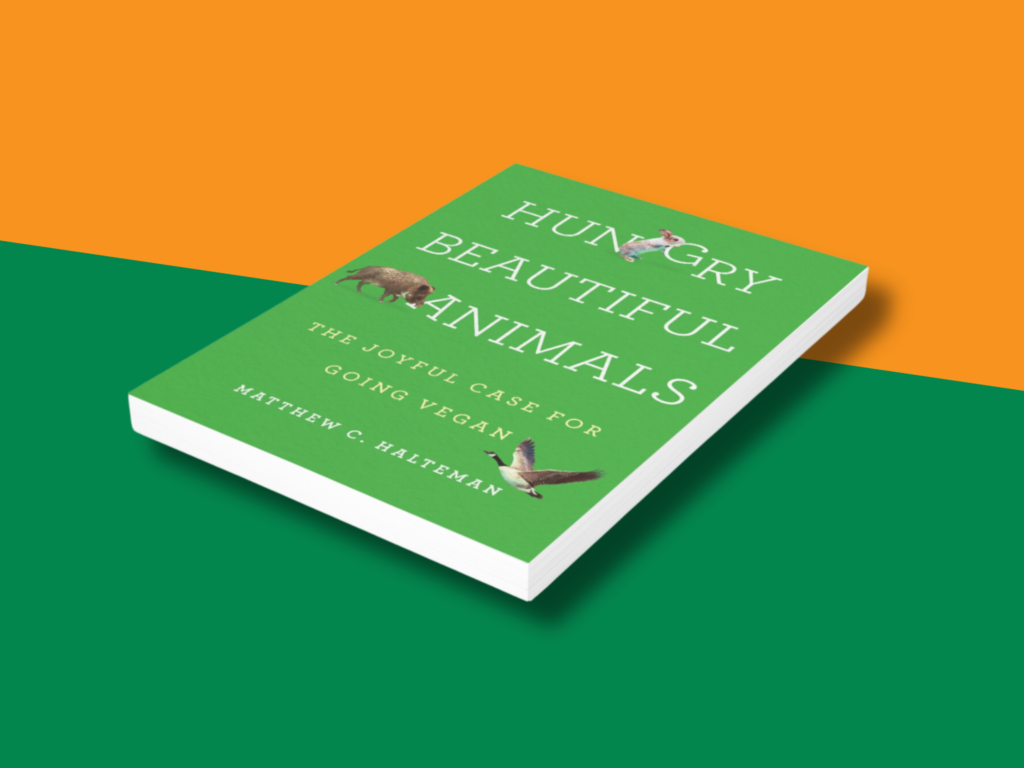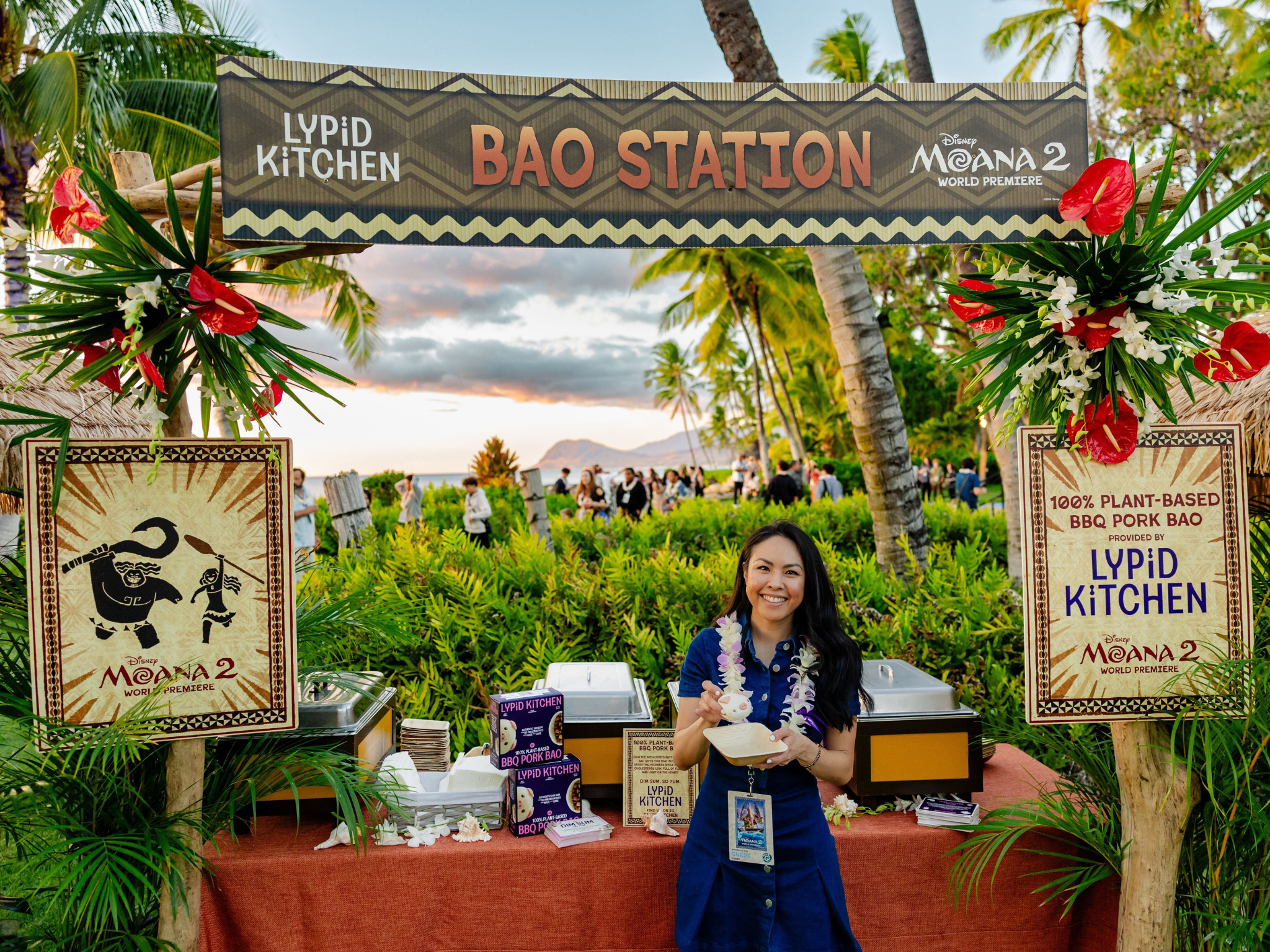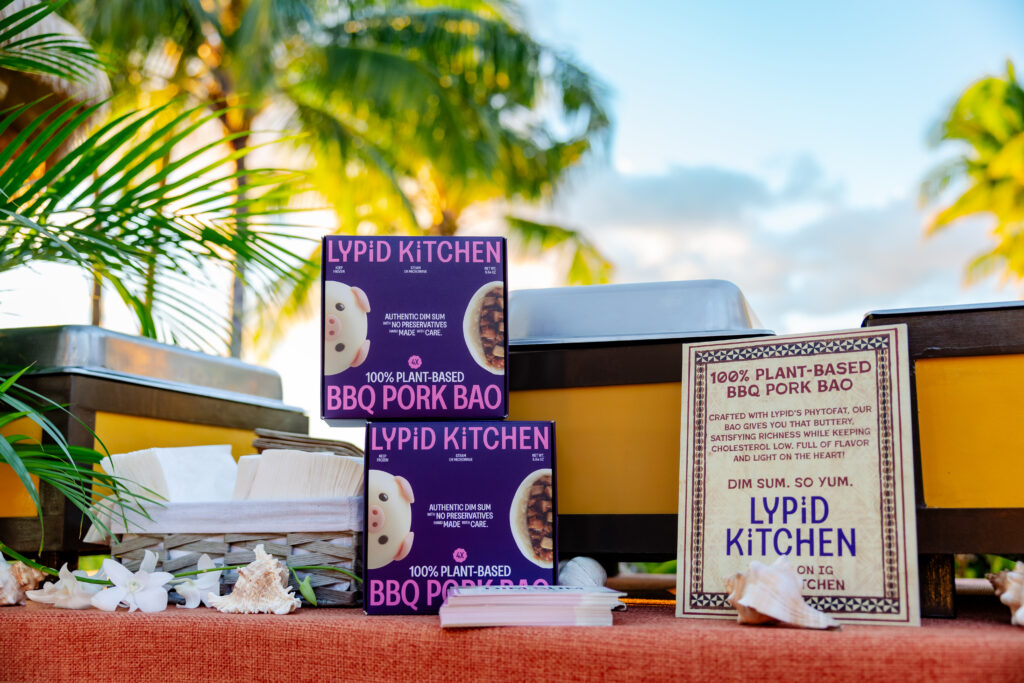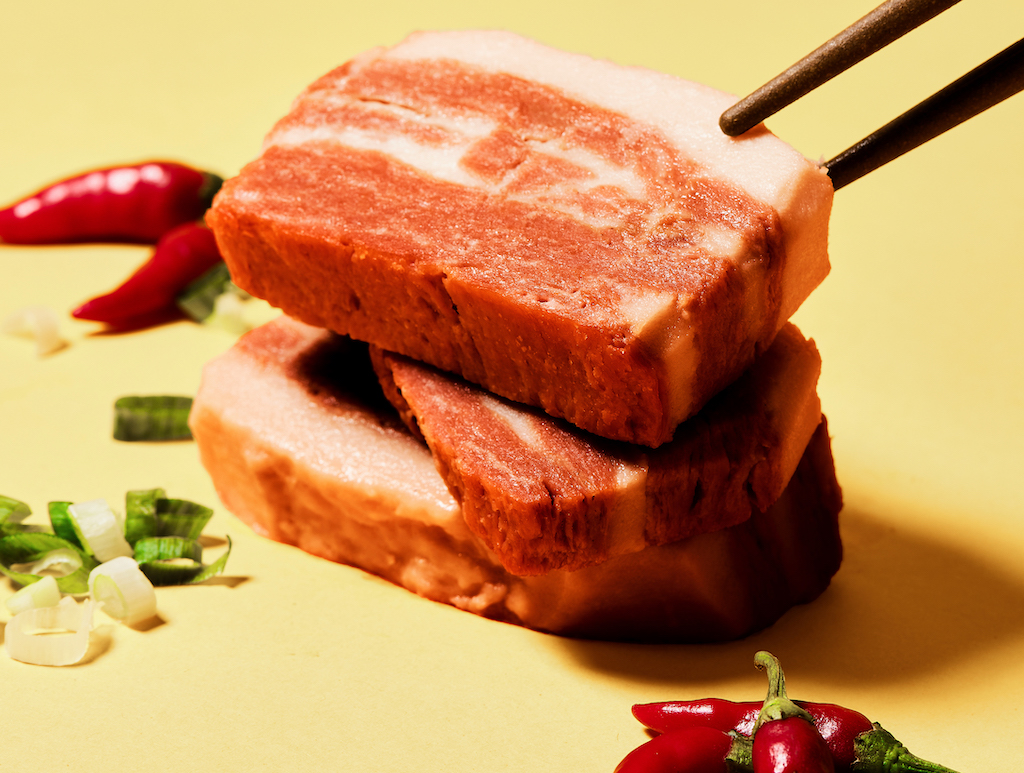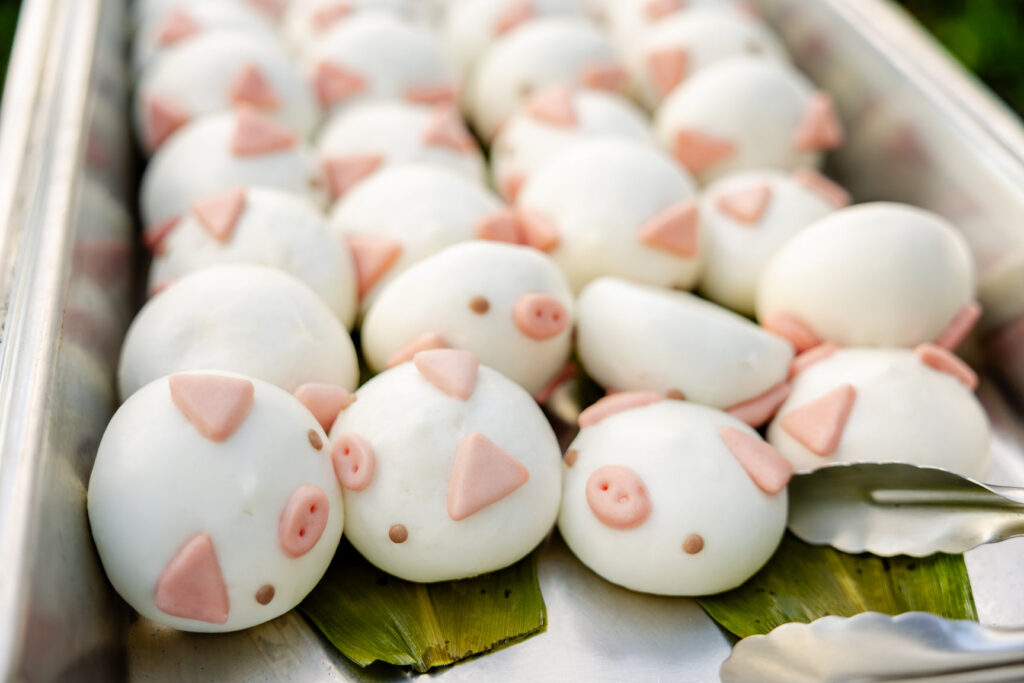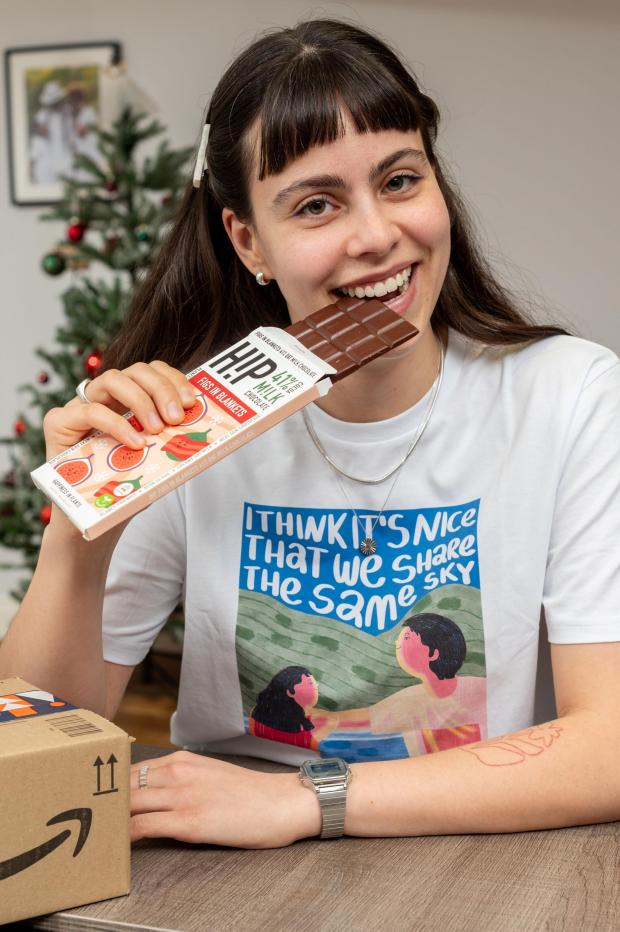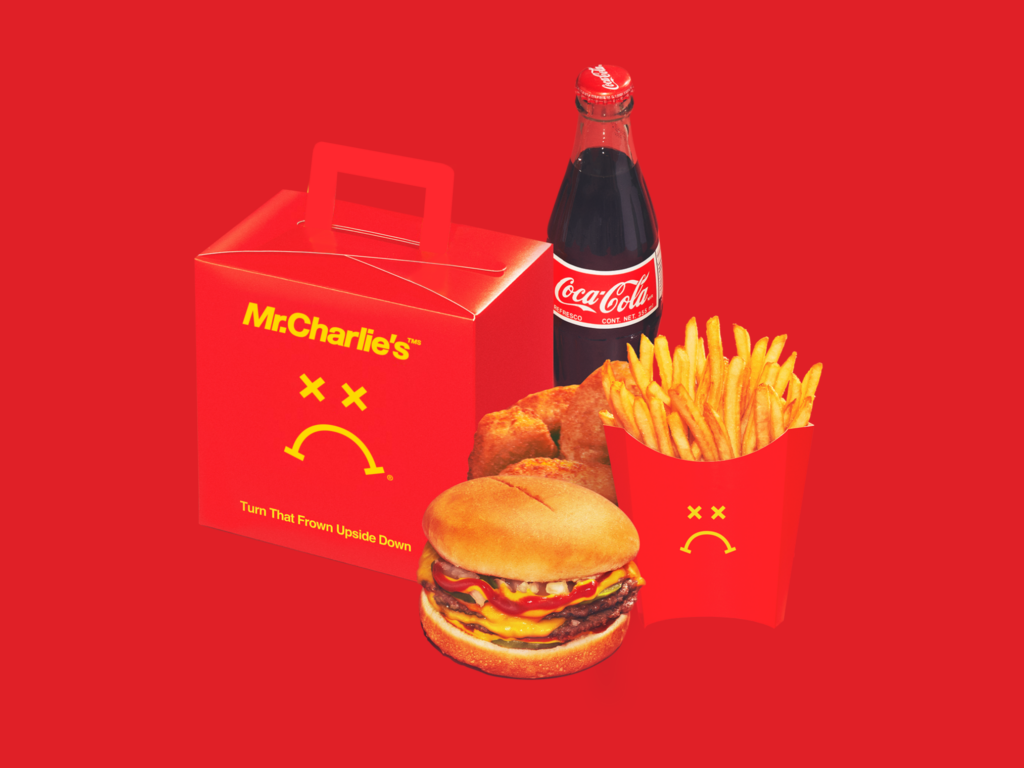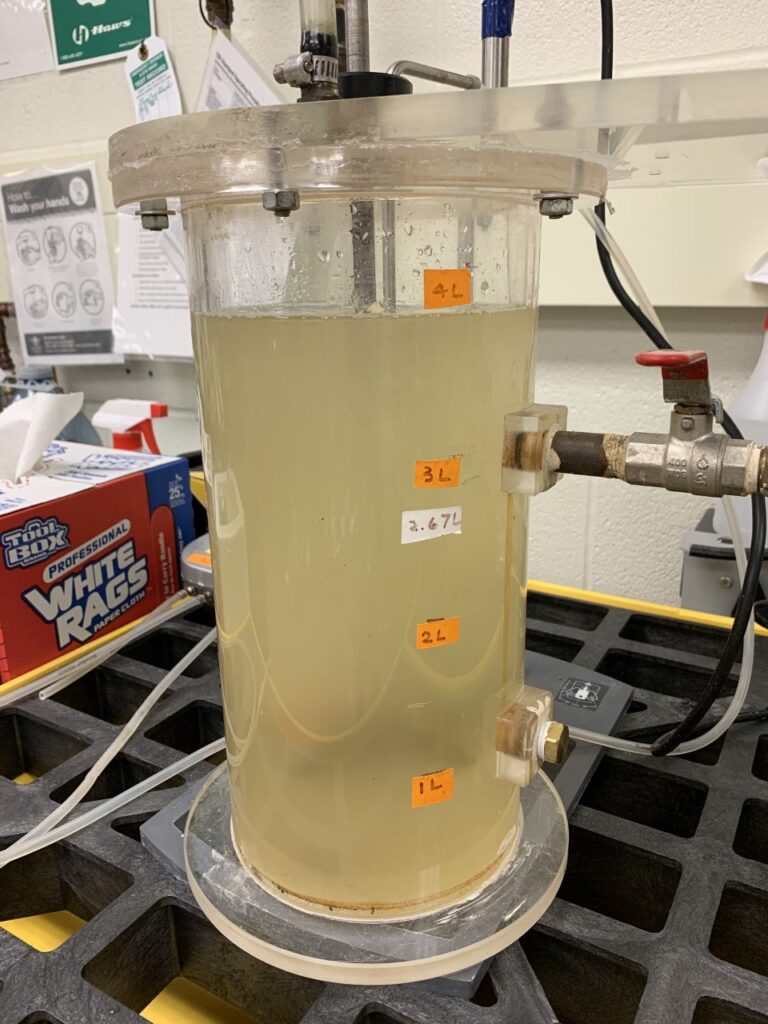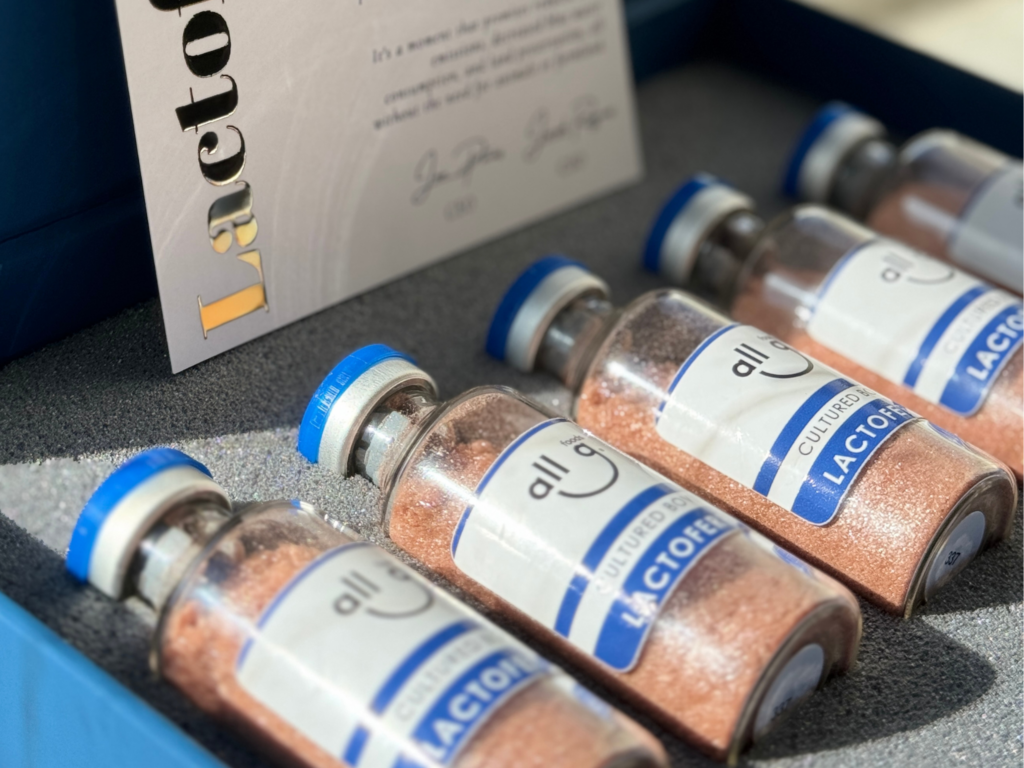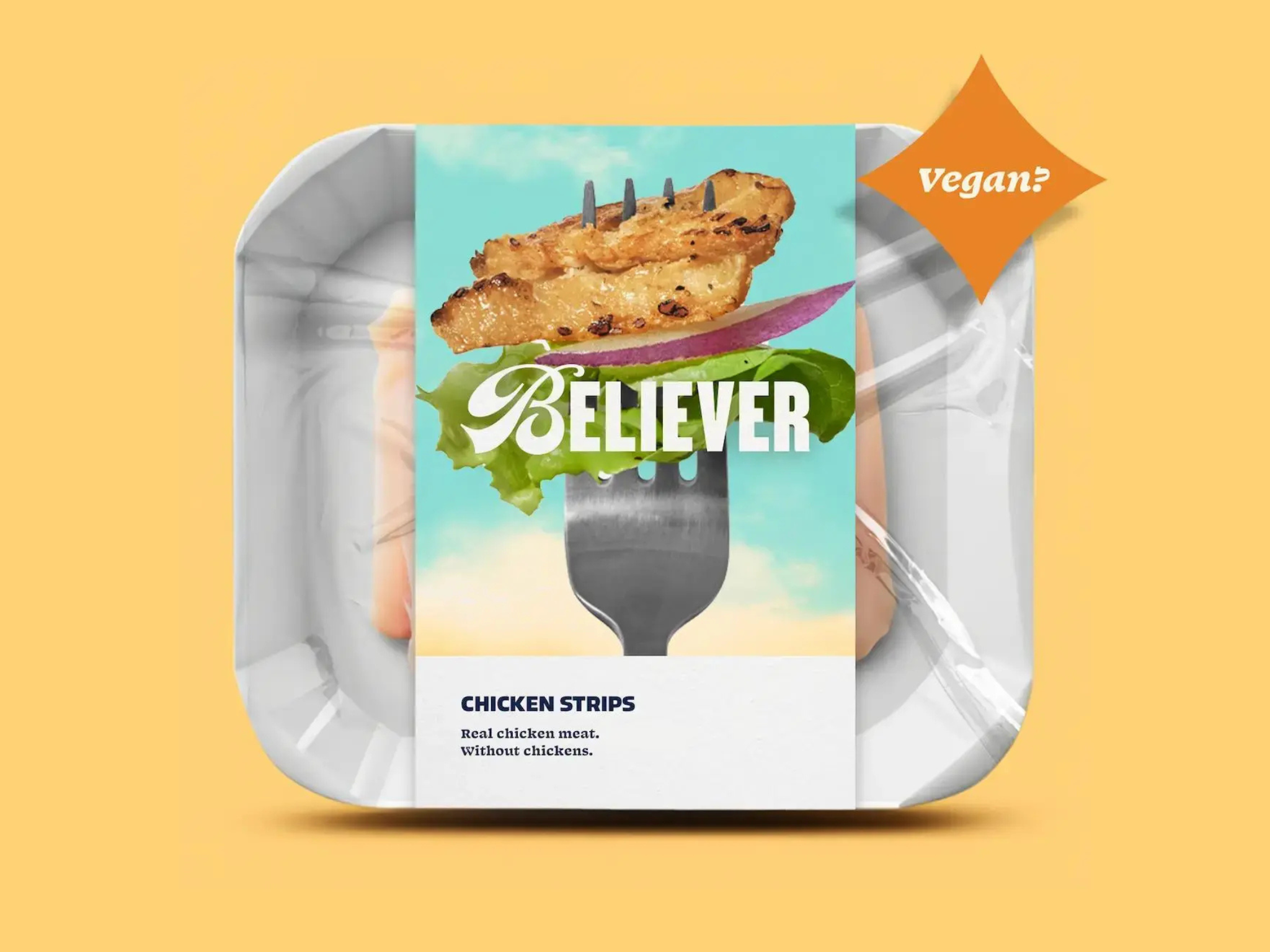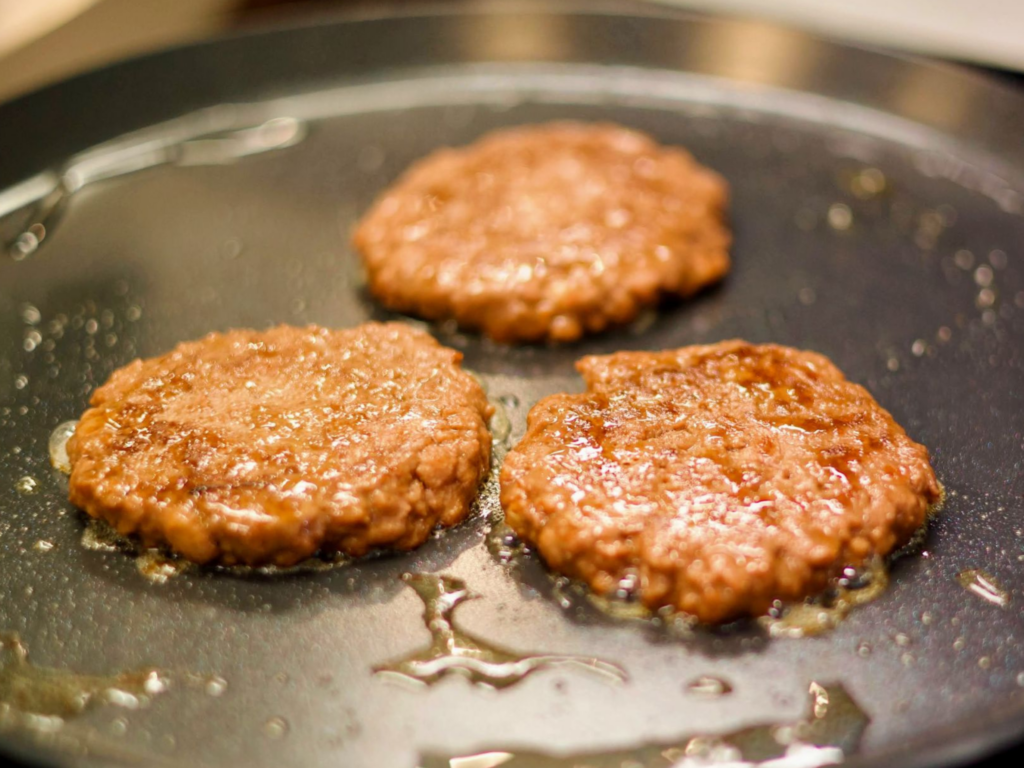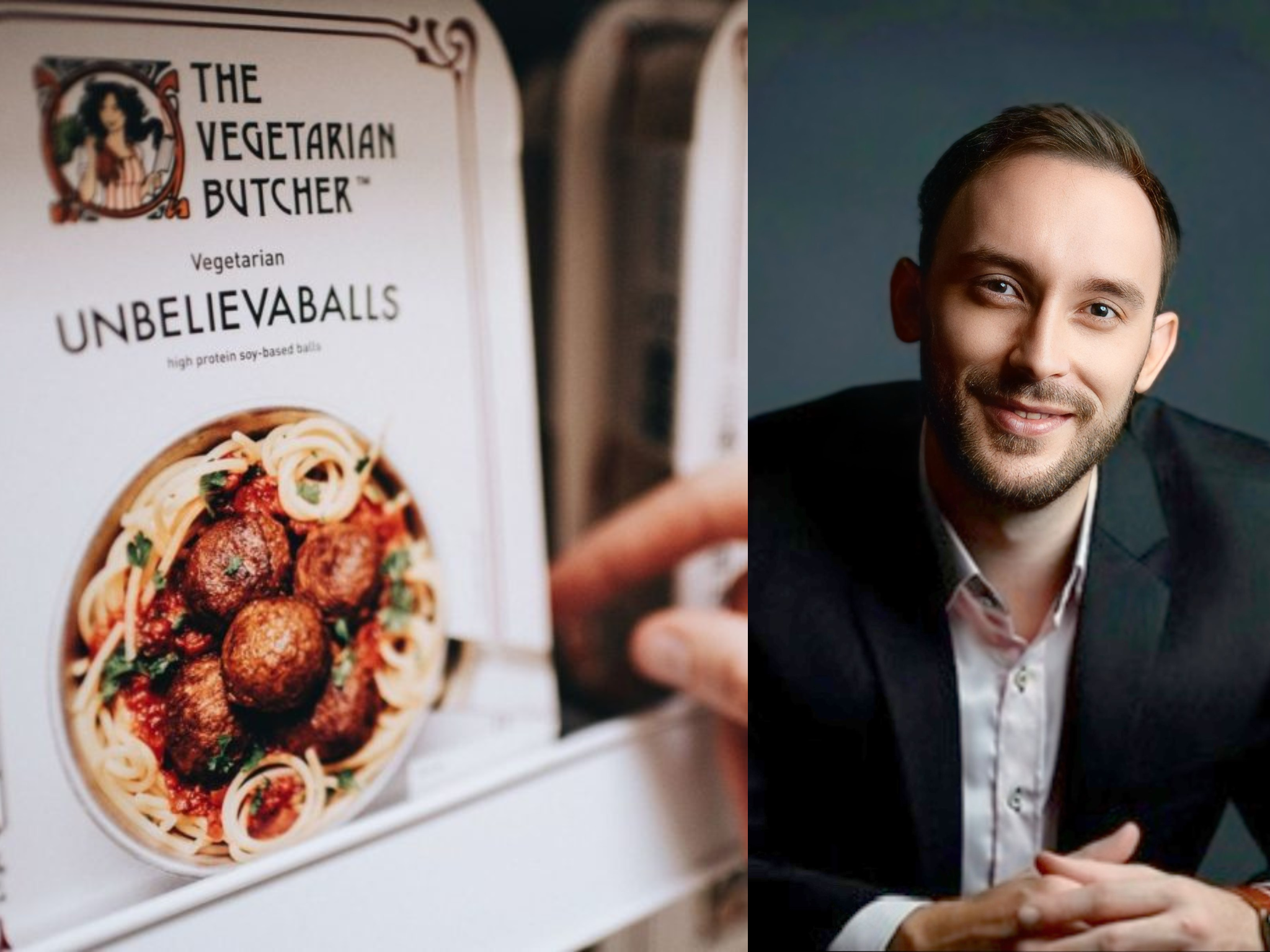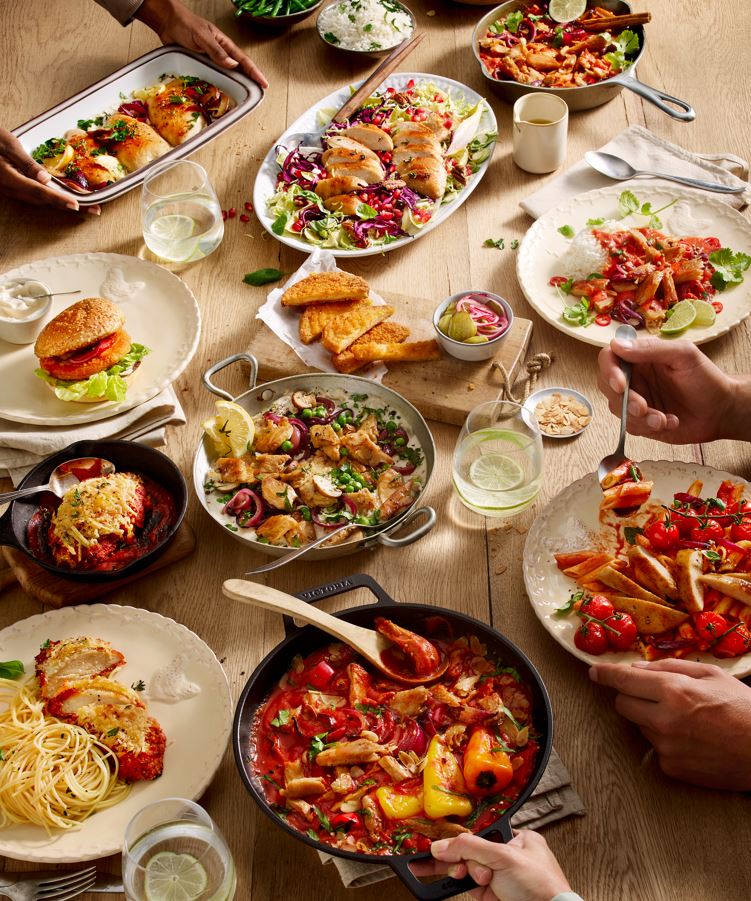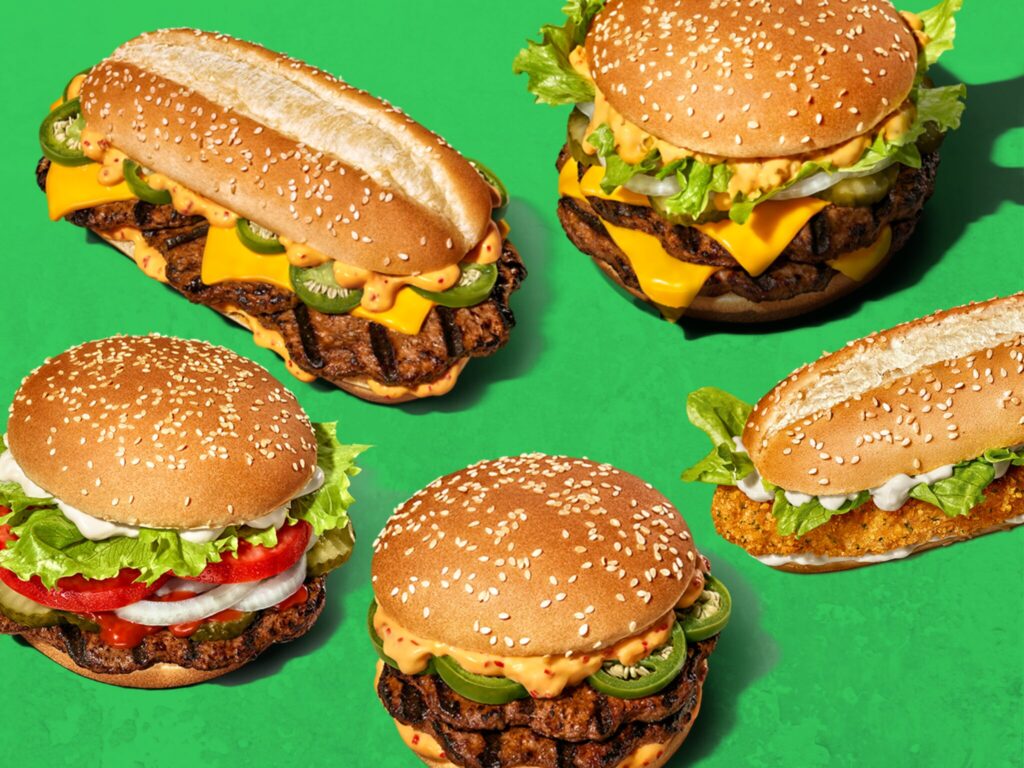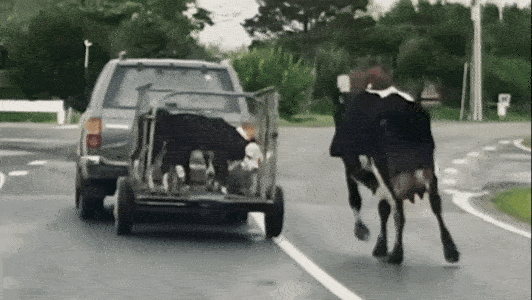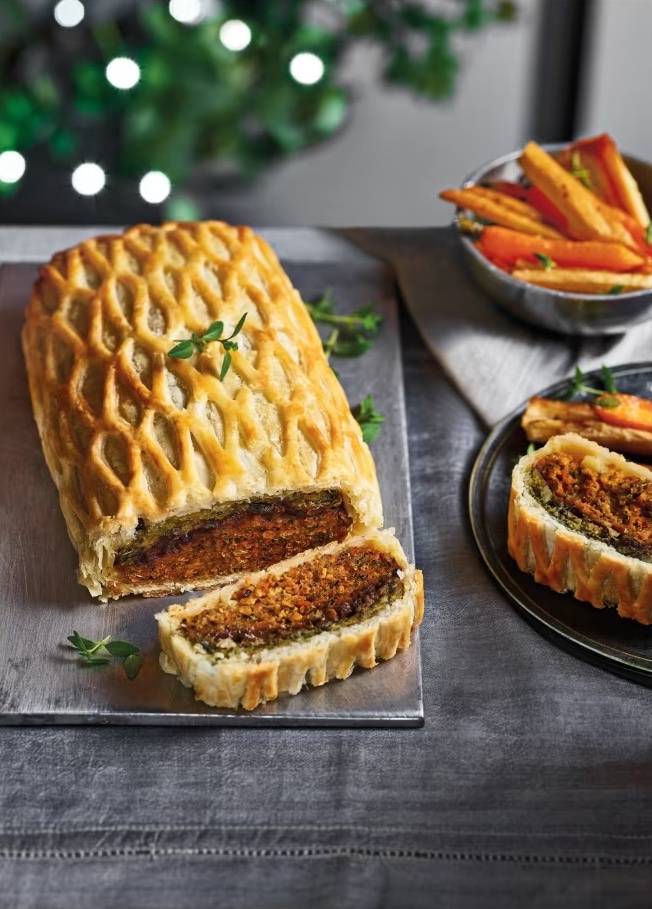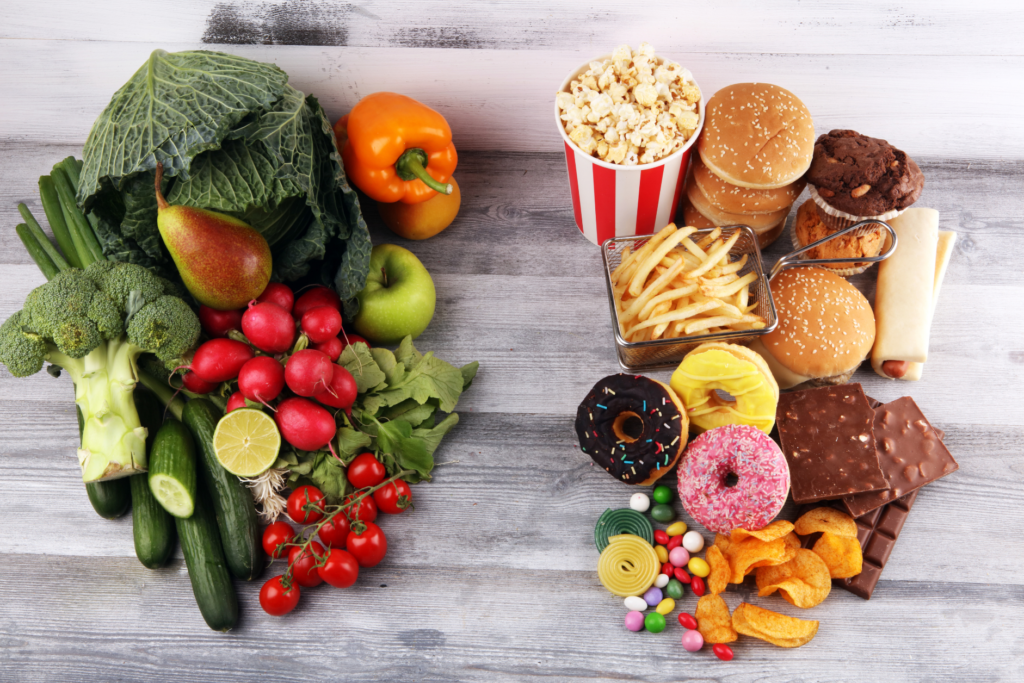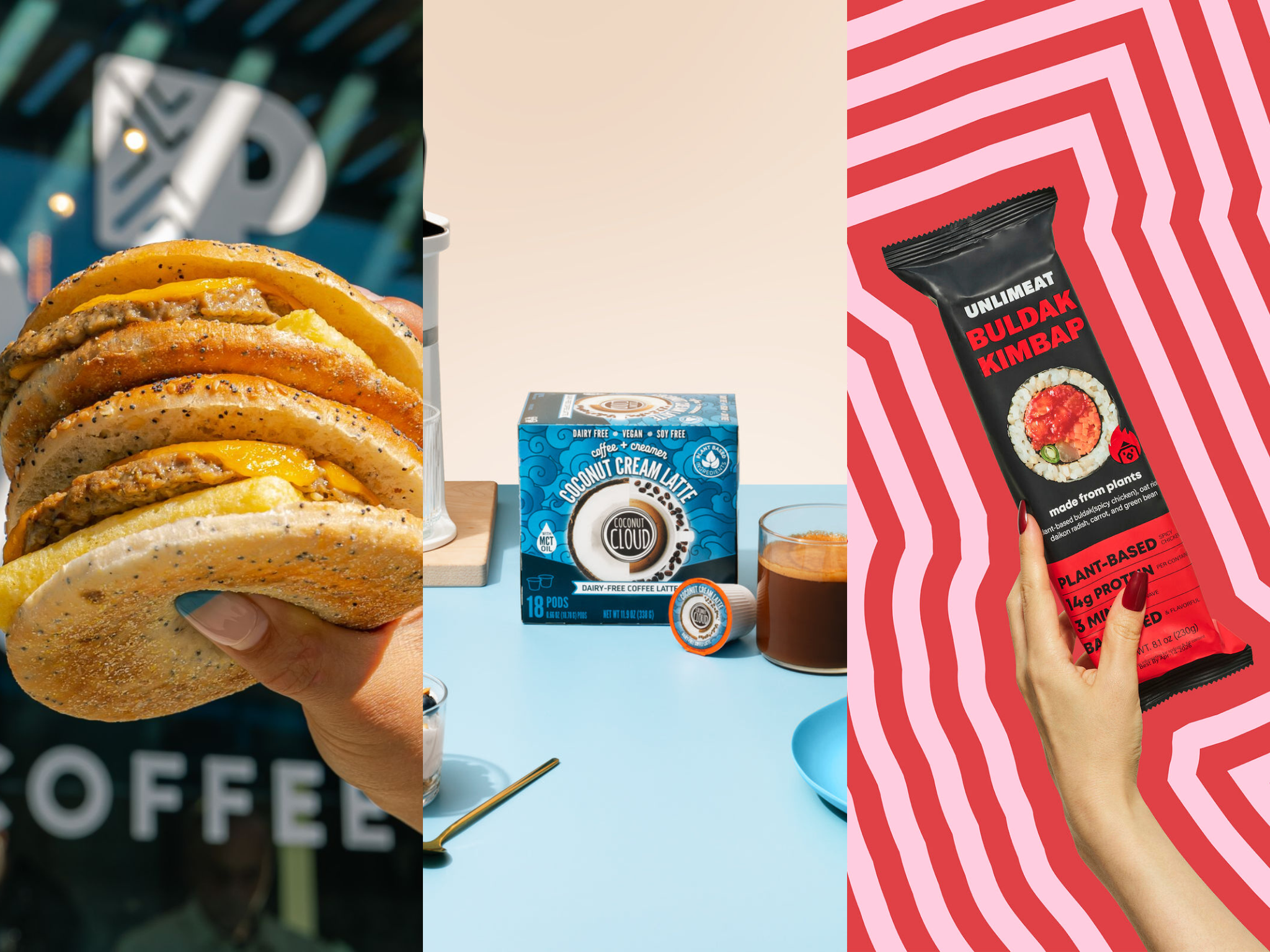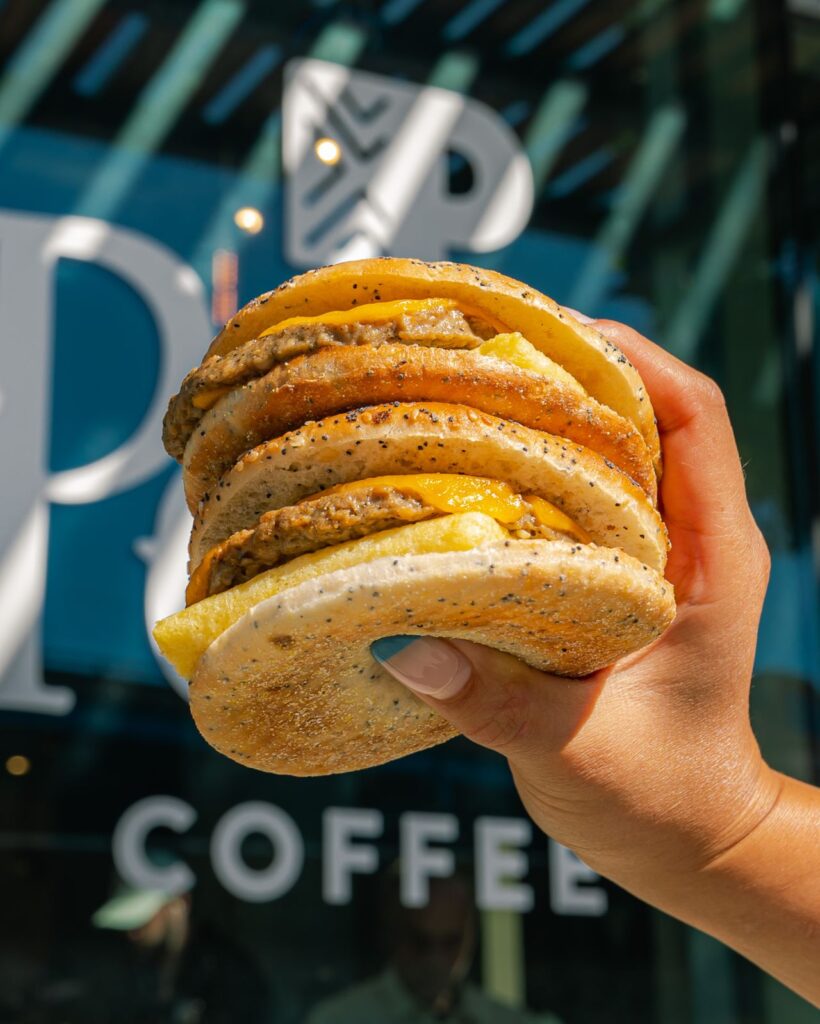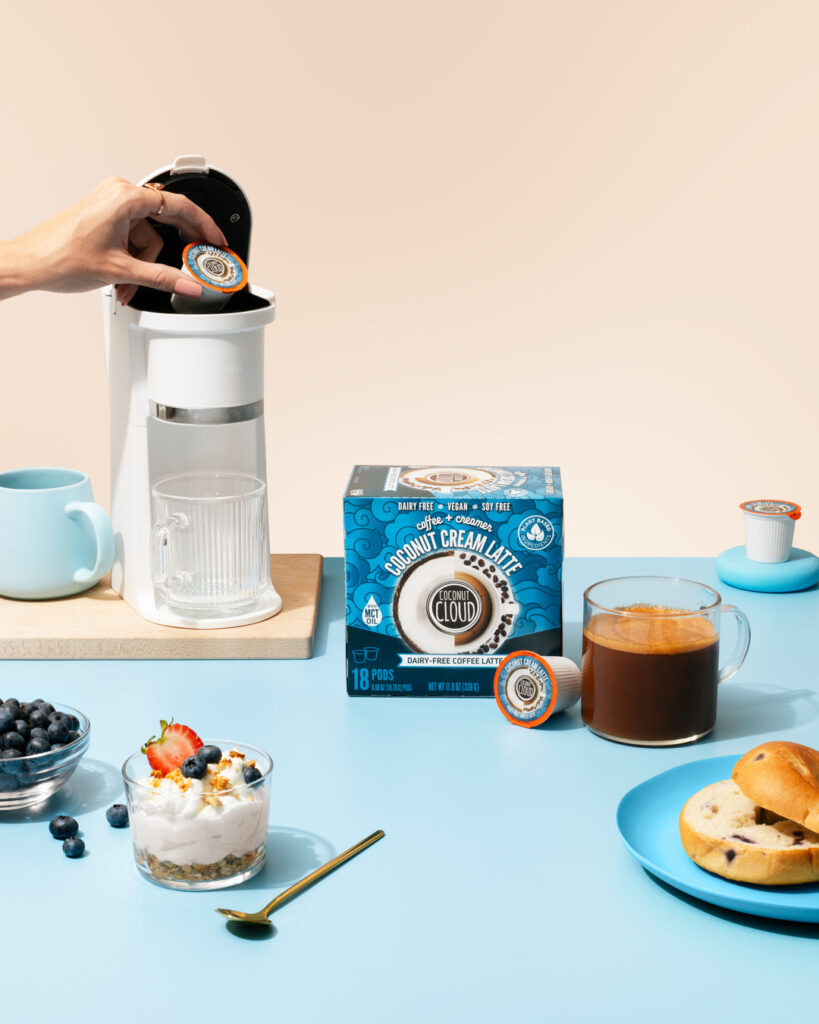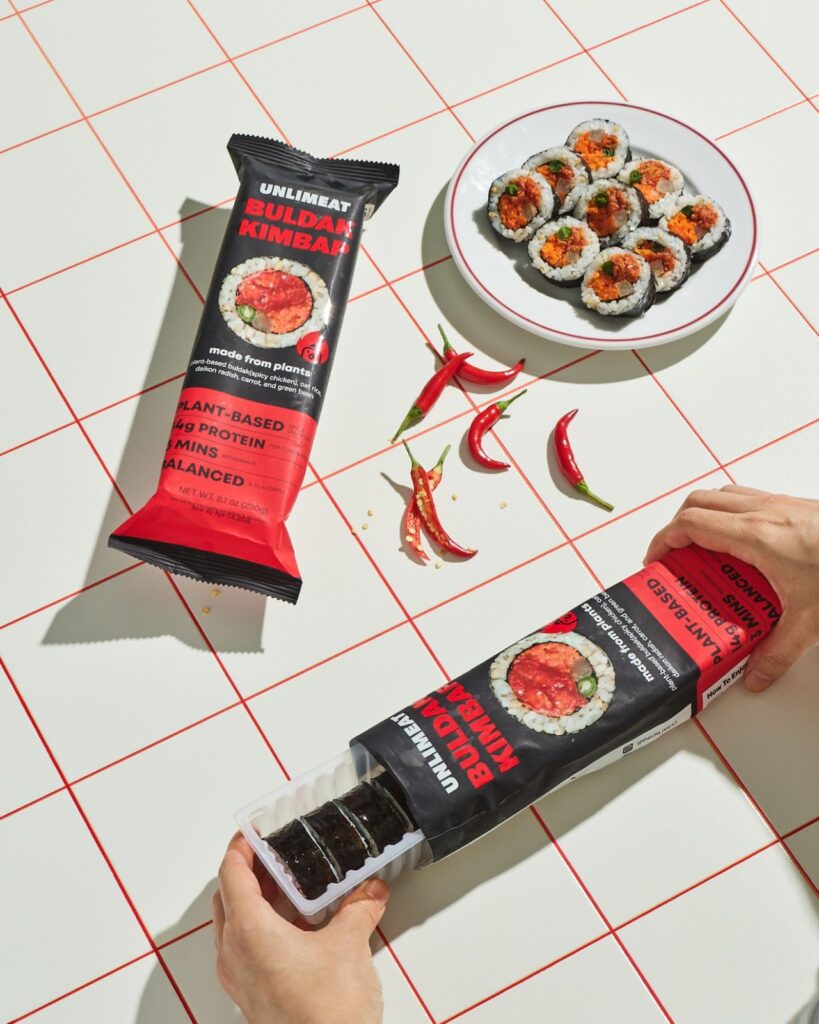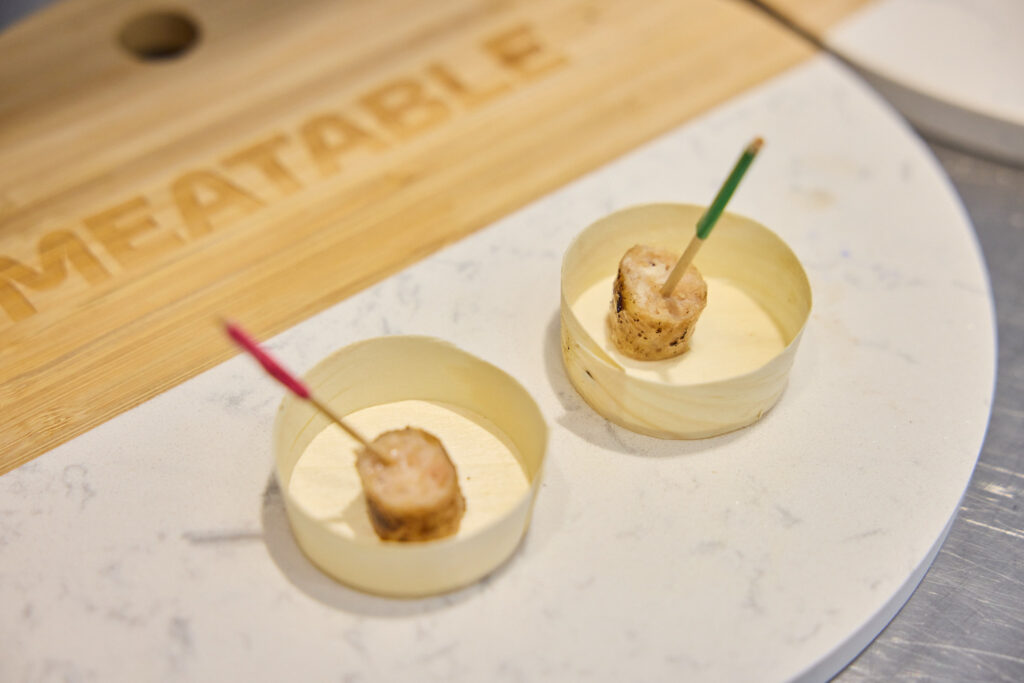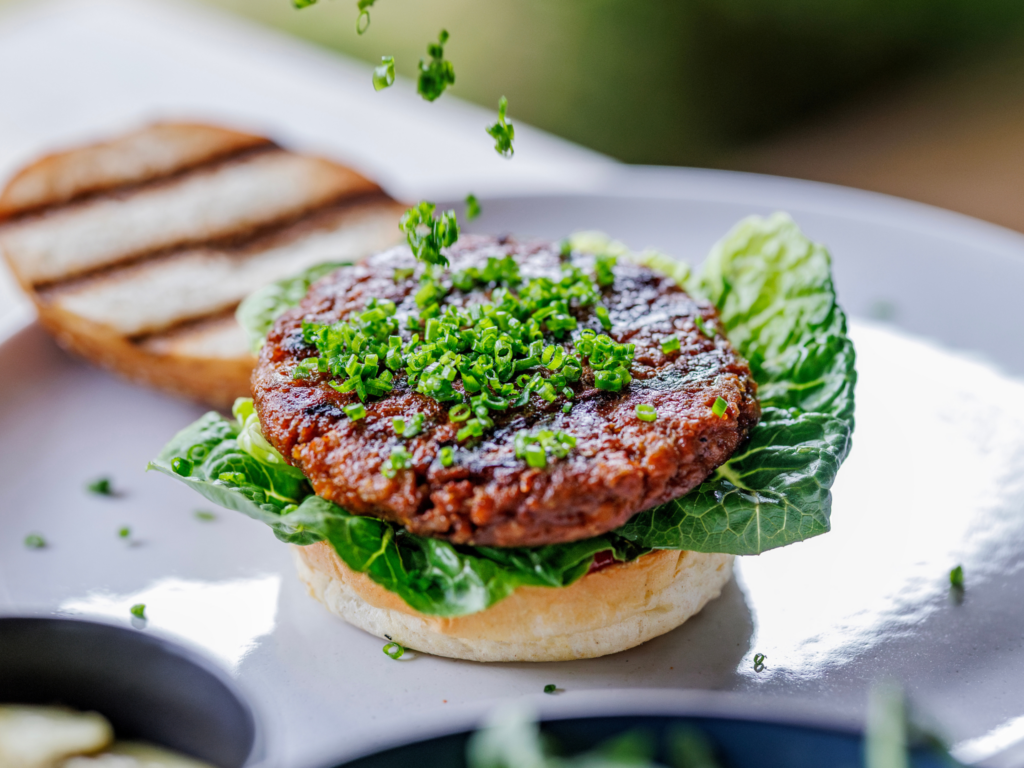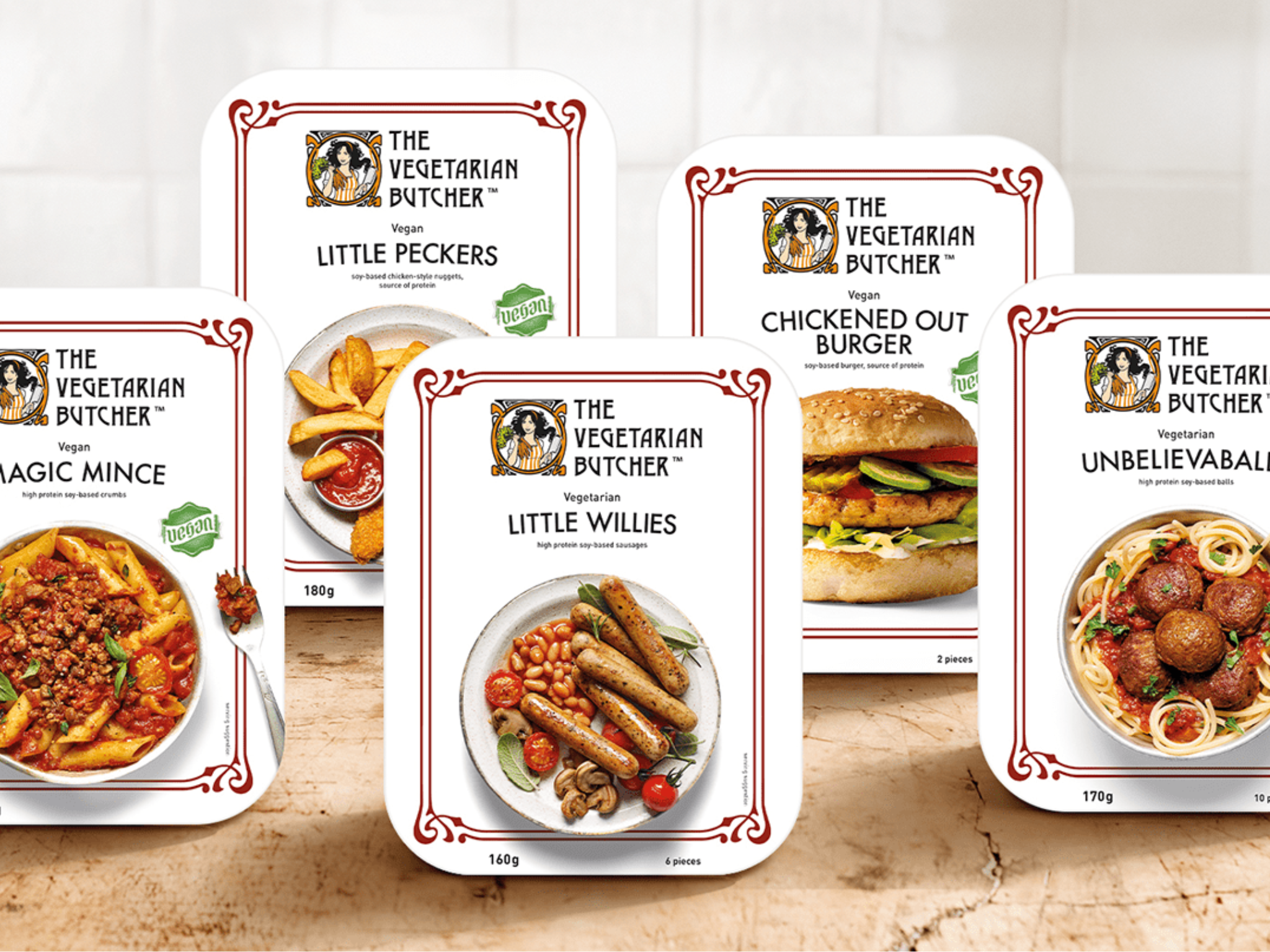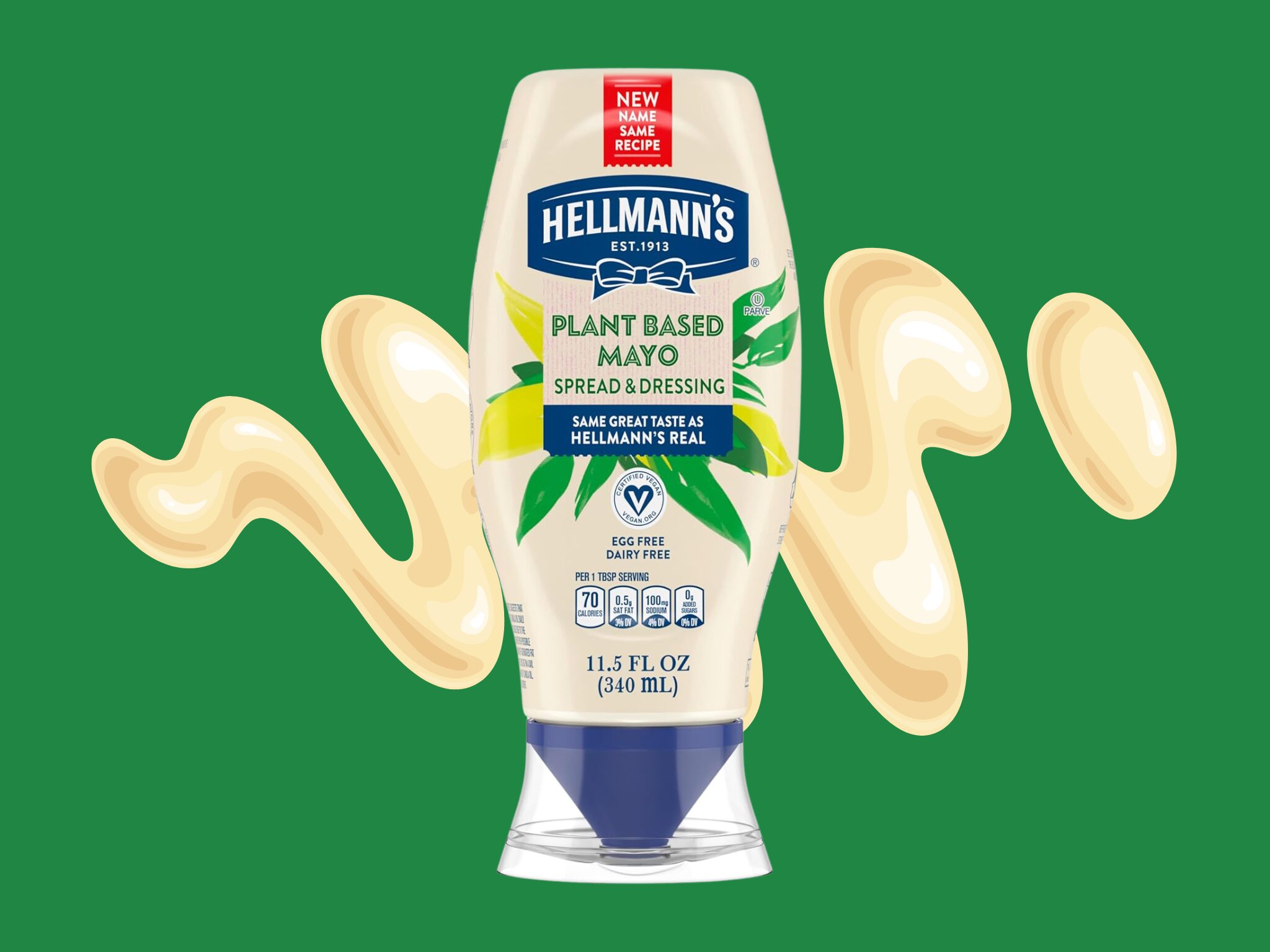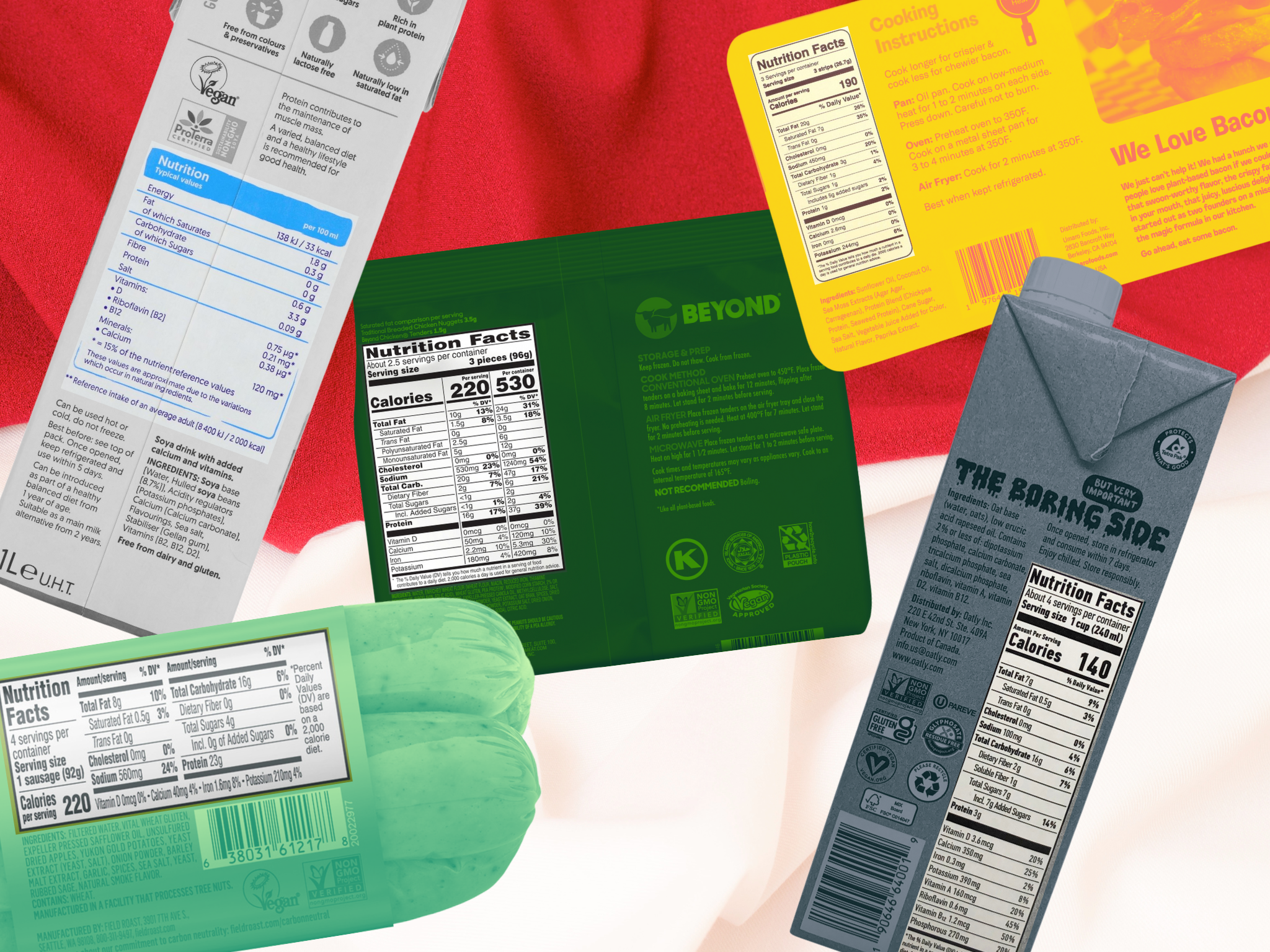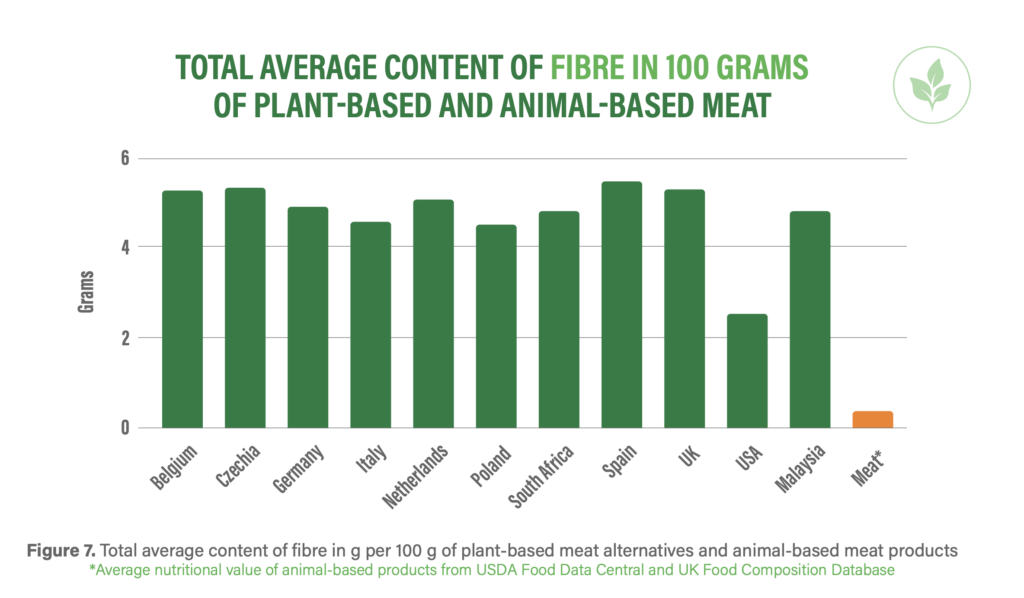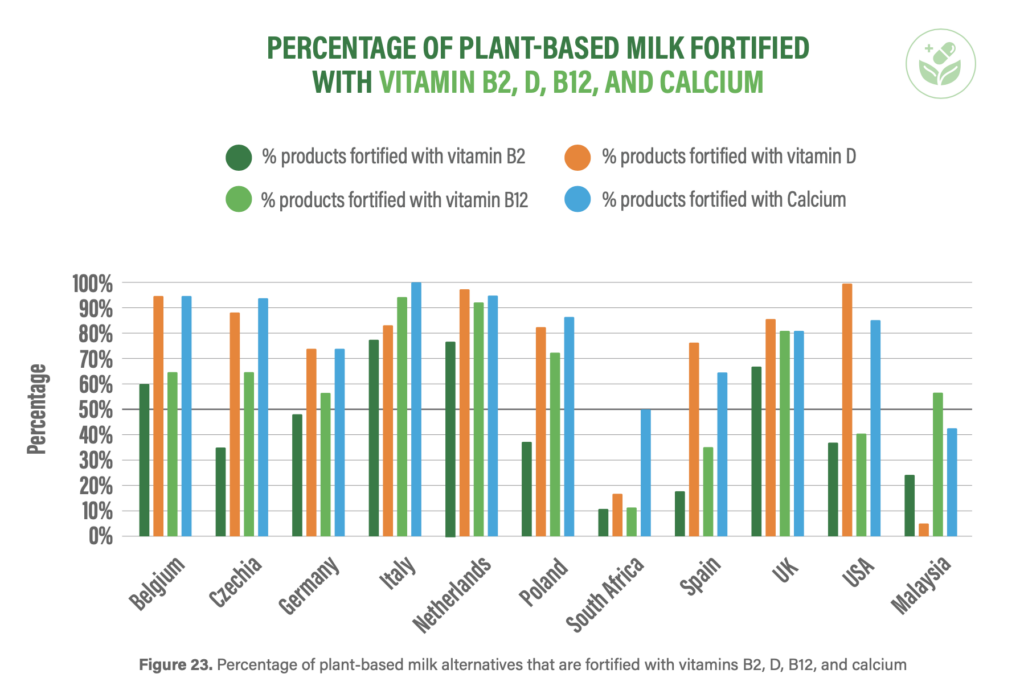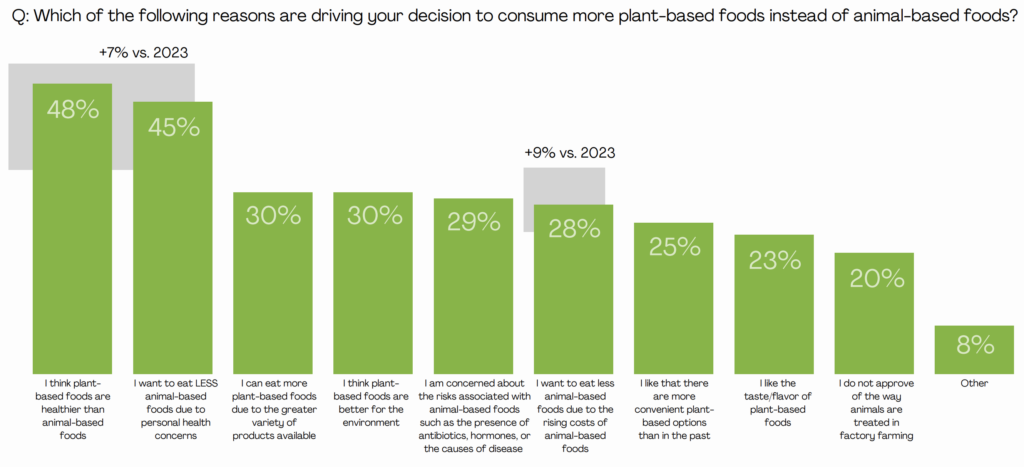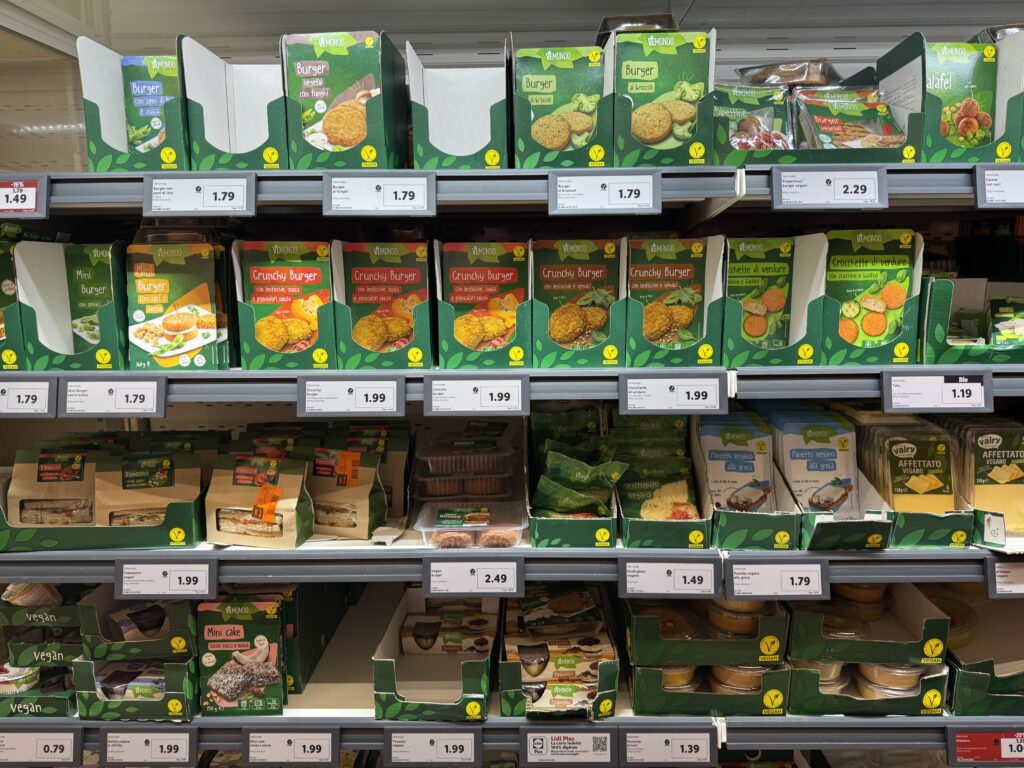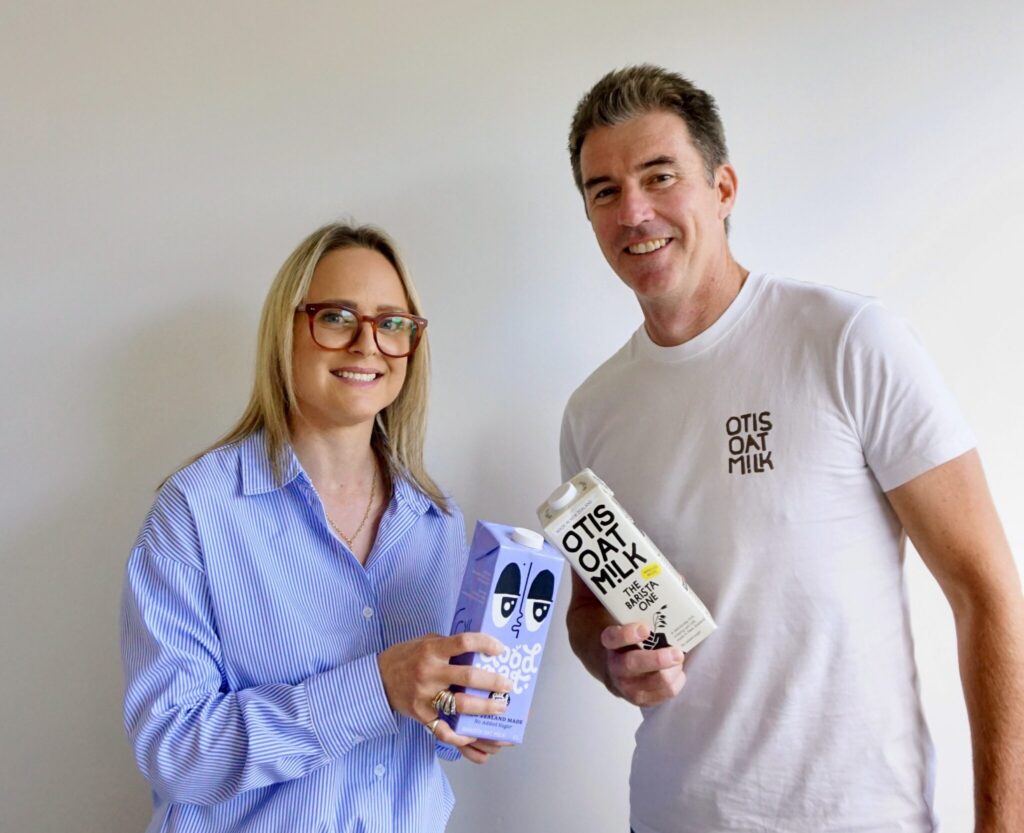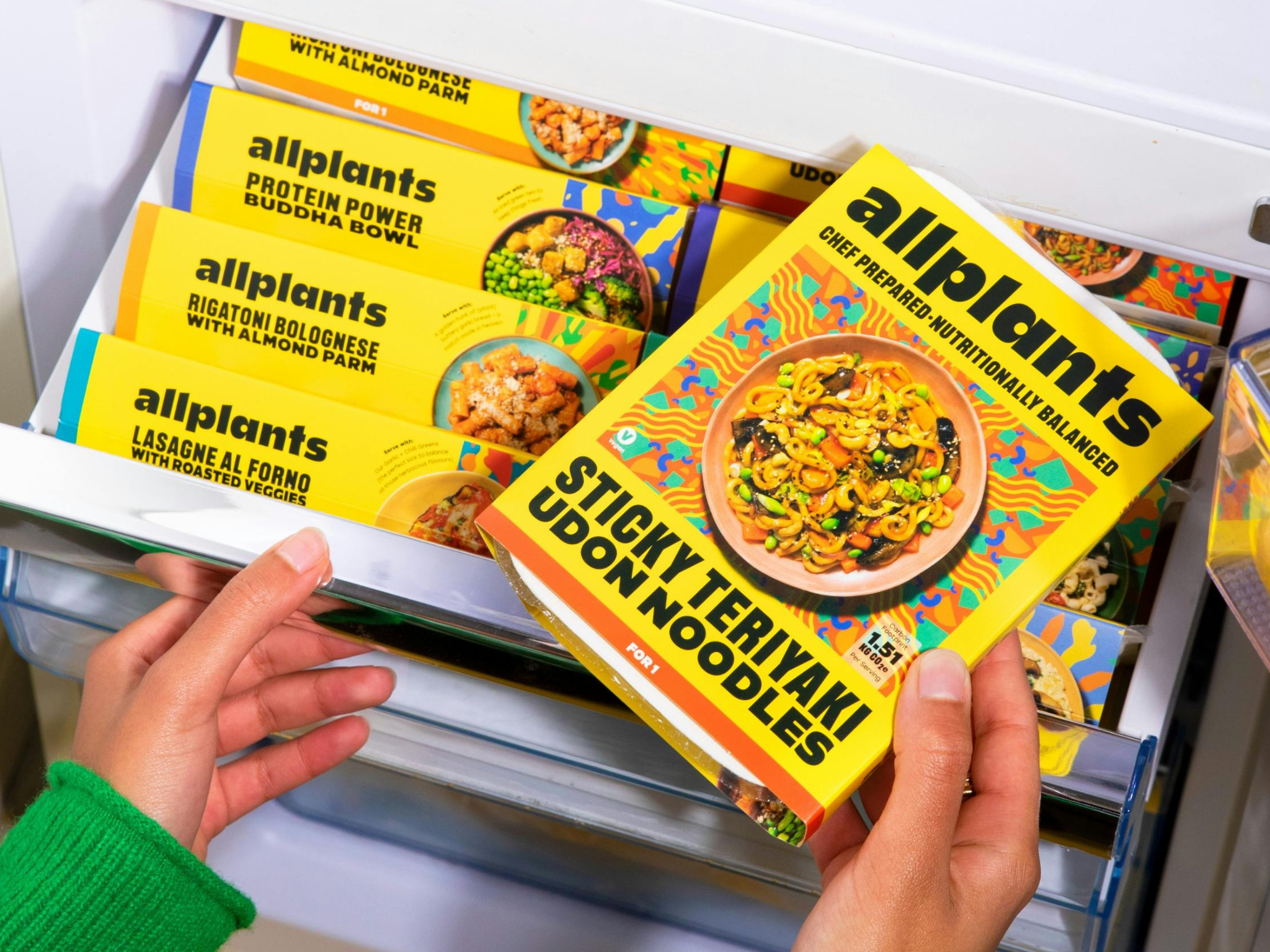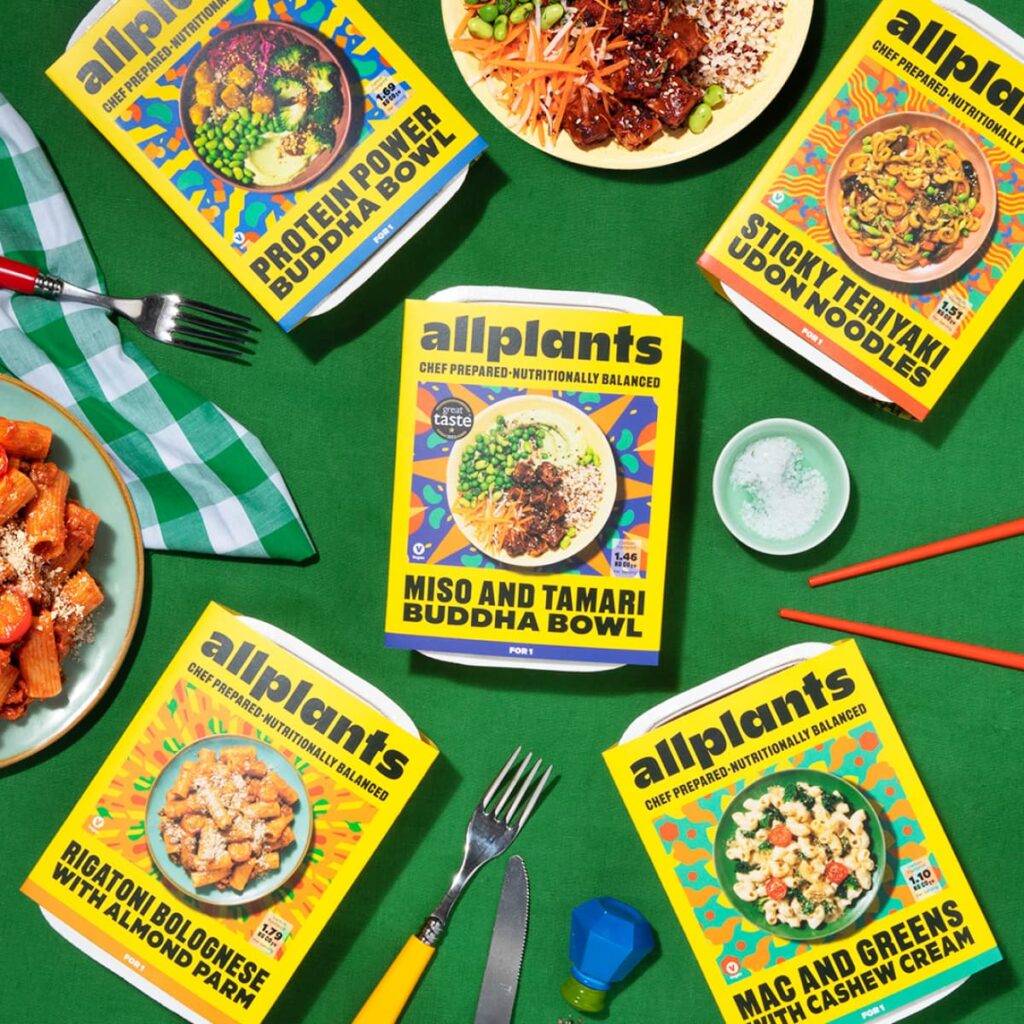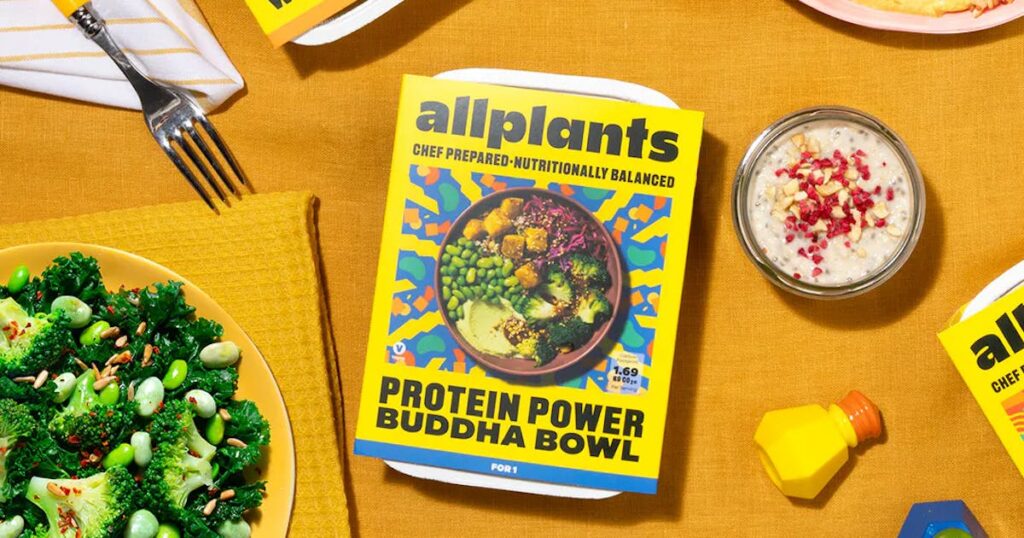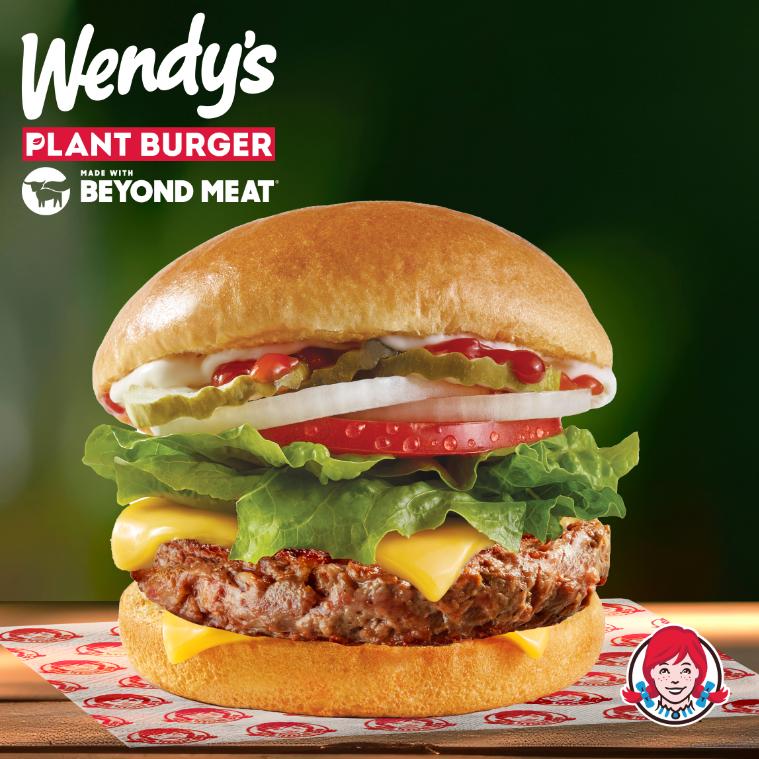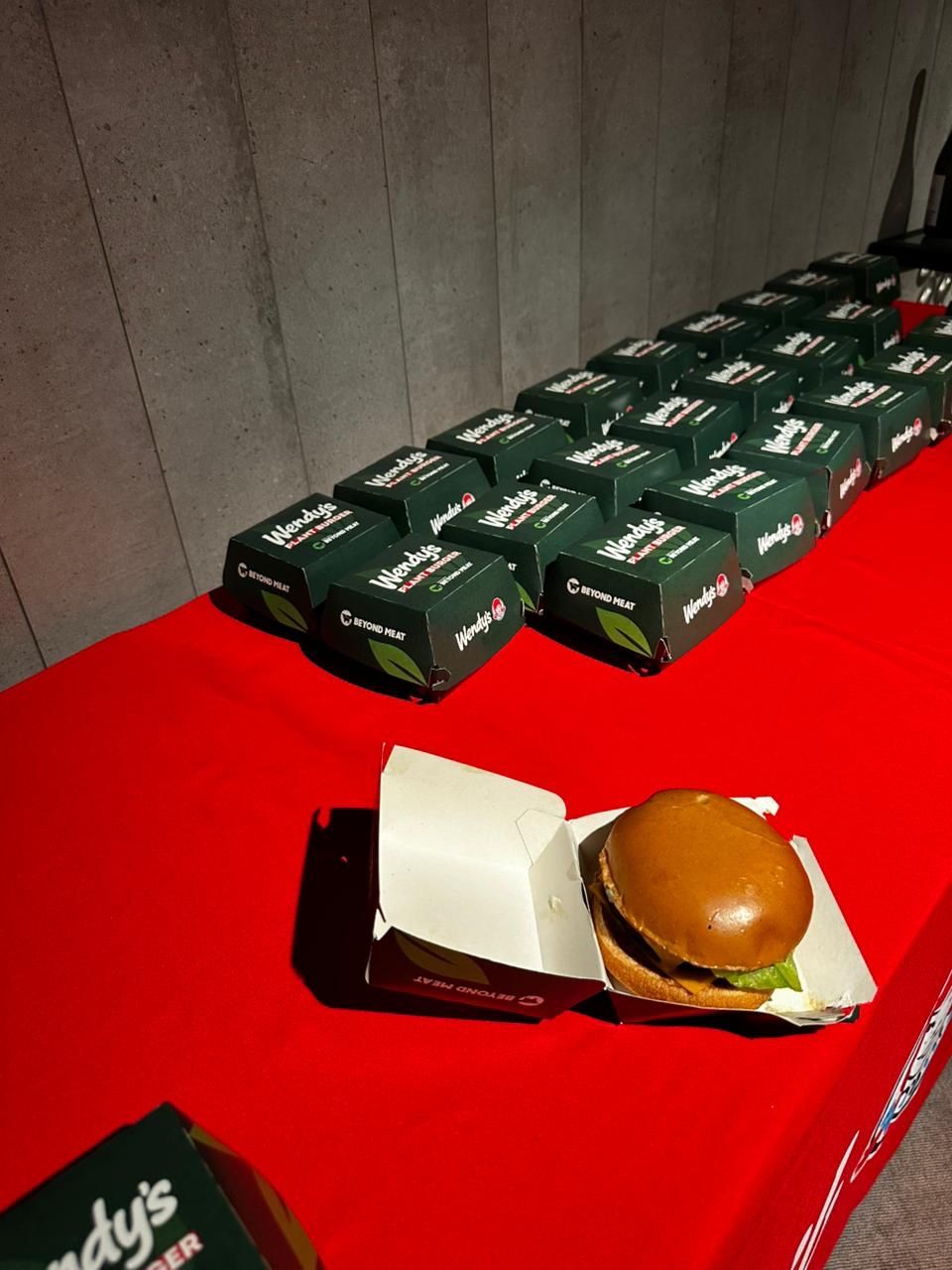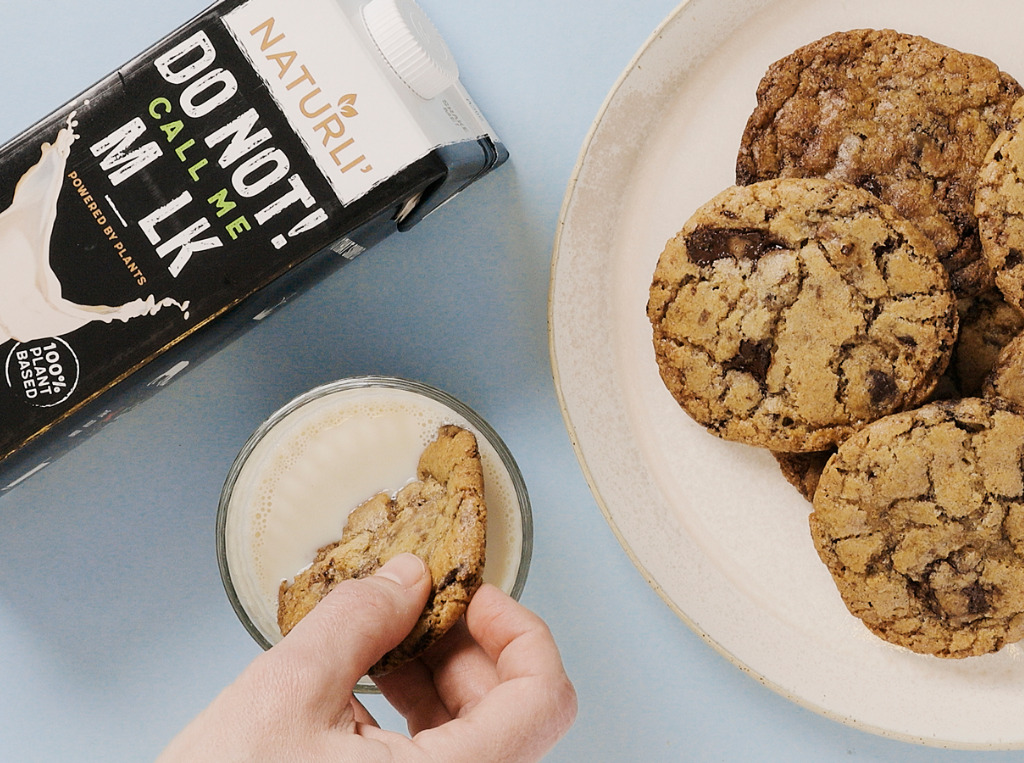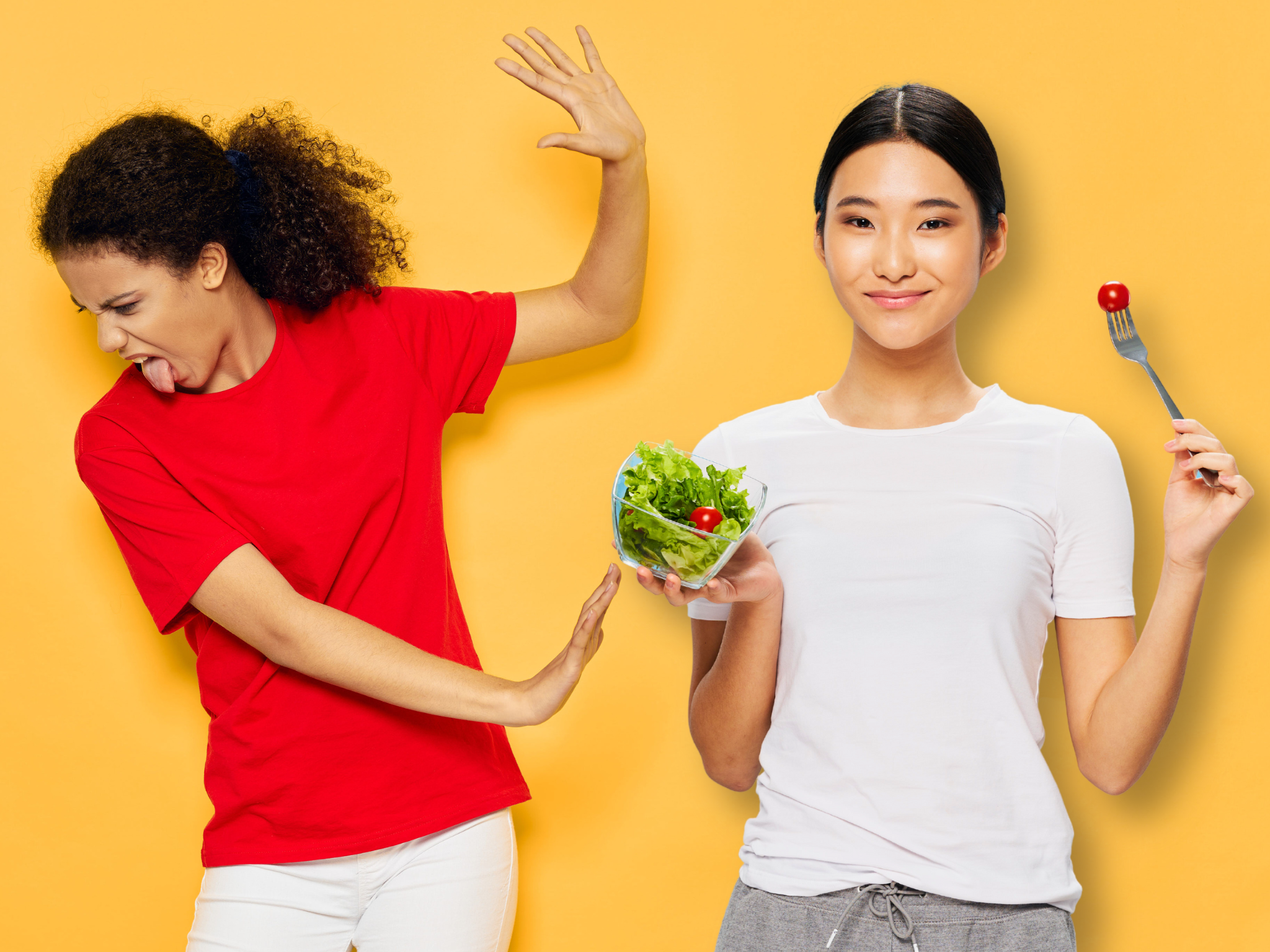
A new study shows that meat-eaters recognise that vegans are health- and environmentally conscious, but also view them with fear and contempt.
There seems to be a sort of emotional rivalry between people who eat meat and those who choose to opt for plant-based alternatives, with the latter being viewed as “socially deviant” from the former – and this has hurt sales of vegan meat products.
These are the findings of a study published by University of Vaasa researchers in the Food Quality and Preference journal, which adopted a bias-centred methodology to explore why people are “more inclined to consider harming” vegans than meat-eaters and flexitarians.
The researchers asked 900 people each from the UK, Finland, Germany and Sweden to evaluate their beliefs about fictional consumers based on their shopping lists, each of which contained pasta, bread, apple juice, carrots and bananas.
The differences were in the proteins: there were plant protein balls and vegetarian sausages on the vegan shopping list, chicken balls and plant-based sausages on the flexitarian list, and conventional meatballs and sausages on meat-eaters’ list.
Vegans most admired, yet most envied
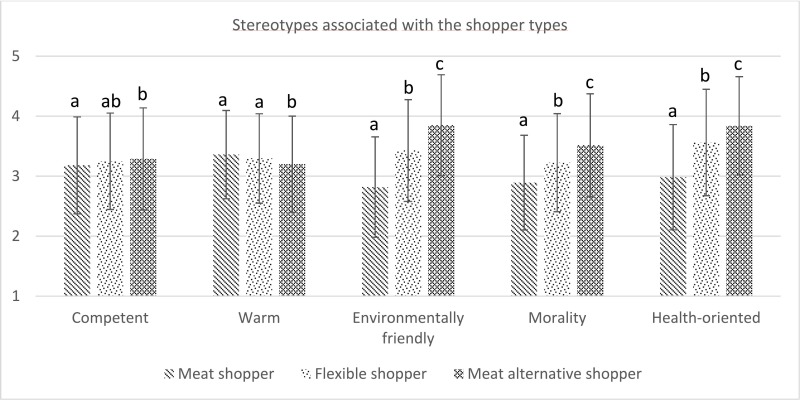
For the analysis, the Finnish researchers used the BIAS Map framework, which is devised to assess what kind of social prejudices and perceptual biases exist towards a specific group – vegans, in this case. They then looked at whether observers’ need for status and affiliations lighten perceptions of meat-eaters.
“Meat (alternative) consumption represents a social area where highly mixed and charged meanings are sent/signalled and received/interpreted,” the study reads.
Vegans were seen as more climate-friendly and health-conscious with high moral standards, and also commanded the most amount of admiration among the shopper groups. But on the flip side, these eco-minded consumers elicited more fear, contempt, envy and anger than others too.
Shoppers only buying meat were rated the lowest on the climate, health and admiration scale, but they were also the least likely to evoke the negative feelings vegans did. Flexitarians landed somewhere in between.
The fictional vegan consumers were considered more competent but less warm, which the researchers said suggests “envious prejudice” towards “model minorities”. Flexitarians, on the other hand, weren’t envied, but considered more socially approachable. “This makes them an easier target to identify with, as they do not seem too extreme, and they also remind others of something familiar (e.g., meat-eating),” the study says.

A concerning behavioural effect was the tendency for buyers of plant-based meat to induce both passive and active harm, which can range from social exclusion and ignorance to bullying and harassment.
Meanwhile, the psychologists found that participants with a high need for belonging in a group appear to be most welcoming of flexitarians, and those who crave a higher status showcase stronger feelings of anger and envy towards vegans.
This is because the latter group can be “painfully aware” that cutting back on meat is the “ideal and ‘right’” solution to fighting climate change. “This realisation could then explain their envious response toward meat alternative favorers, whose behaviours cannot be copied without some degree of self-sacrifice,” the study notes.
What does this mean for the plant-based meat category?
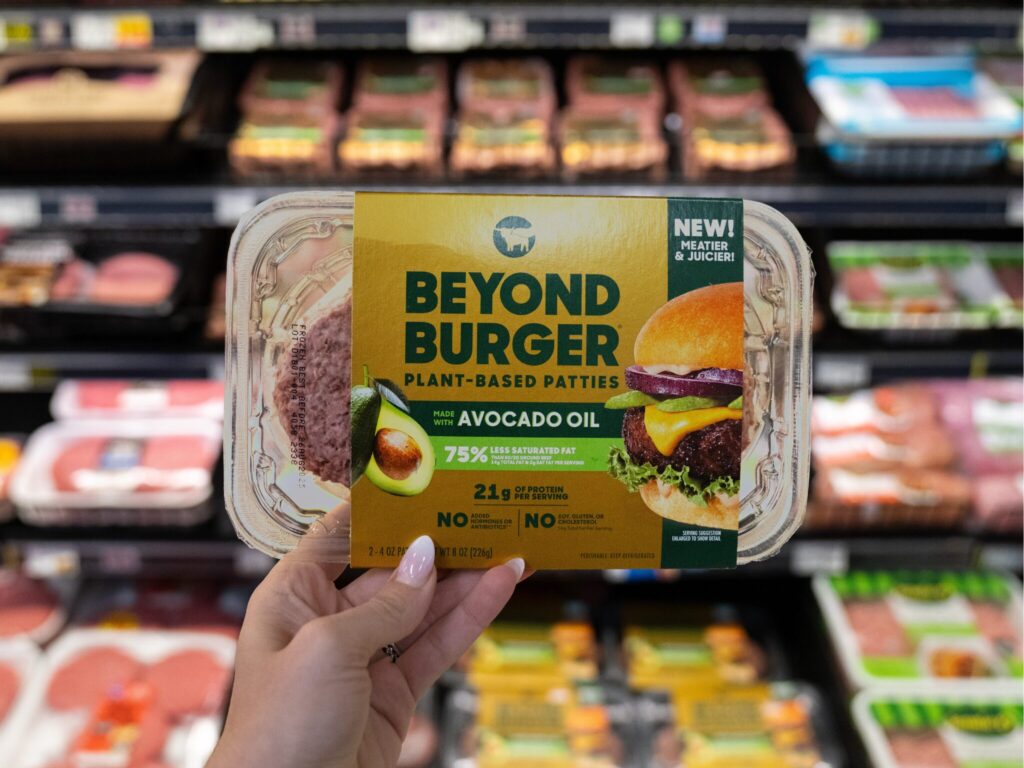
Scientific consensus states that reducing animal protein consumption is crucial if we want to ensure a liveable planet in the future. Meat and dairy production alone accounts for up to a fifth of total global emissions, and nearly 60% of the food system’s climate footprint.
While many consumers recognise this, they’re not yet sold on vegan alternatives to meat. In the last two years, this sector has witnessed a dip in sales and investor support, with the ‘ultra-processed’ tag a particular thorn in its side.
To turn their fortunes around, brands need to market these products more creatively, weakening the climate messaging (as some are doing), and applying social influences like the idea of envious prejudice.
“It could be useful to experiment with highlighting the superiority of the meat alternative shopper in advertisements, as that would elicit both envy and admiration, depending on the observing individual, and might then motivate people to make better food choices,” the study suggests.
Portraying consumers of vegan products in softer and warmer terms could help too, “humanising the cold picture of vegetarian consumers by increasing perceptions of authenticity”.
Emphasising – rather than challenging – the stereotypes around vegans could reduce prejudice too. This could be in the form of humorous marketing, and utilising the concept of an “extended contract” by reeling in celebrity endorsements (as Veganuary has successfully done), which can persuade omnivores to give these products a go.
“Communication emphasising how eating meat alternatives helps to assure the continuance of traditional ways of life, or how it helps to prevent major societal disruptions could reduce the perceived symbolic threat,” the researchers add, referring to how people seeking higher status find these products to be a threat.
Finally, vegan producers would do well to shift their focus away from vegans towards flexitarians, embracing the idea of reduction over elimination. “The most promising avenue for transitioning from meat-intensive diets to more plant-based diets is through promoting a diet that does not entirely eliminate meat but replaces it with plant-based meat alternatives on a weekly basis,” write the authors.
The post Vegans More Likely to Face Contempt & Harm Than Meat-Eaters – How Should Brands Respond? appeared first on Green Queen.
This post was originally published on Green Queen.




